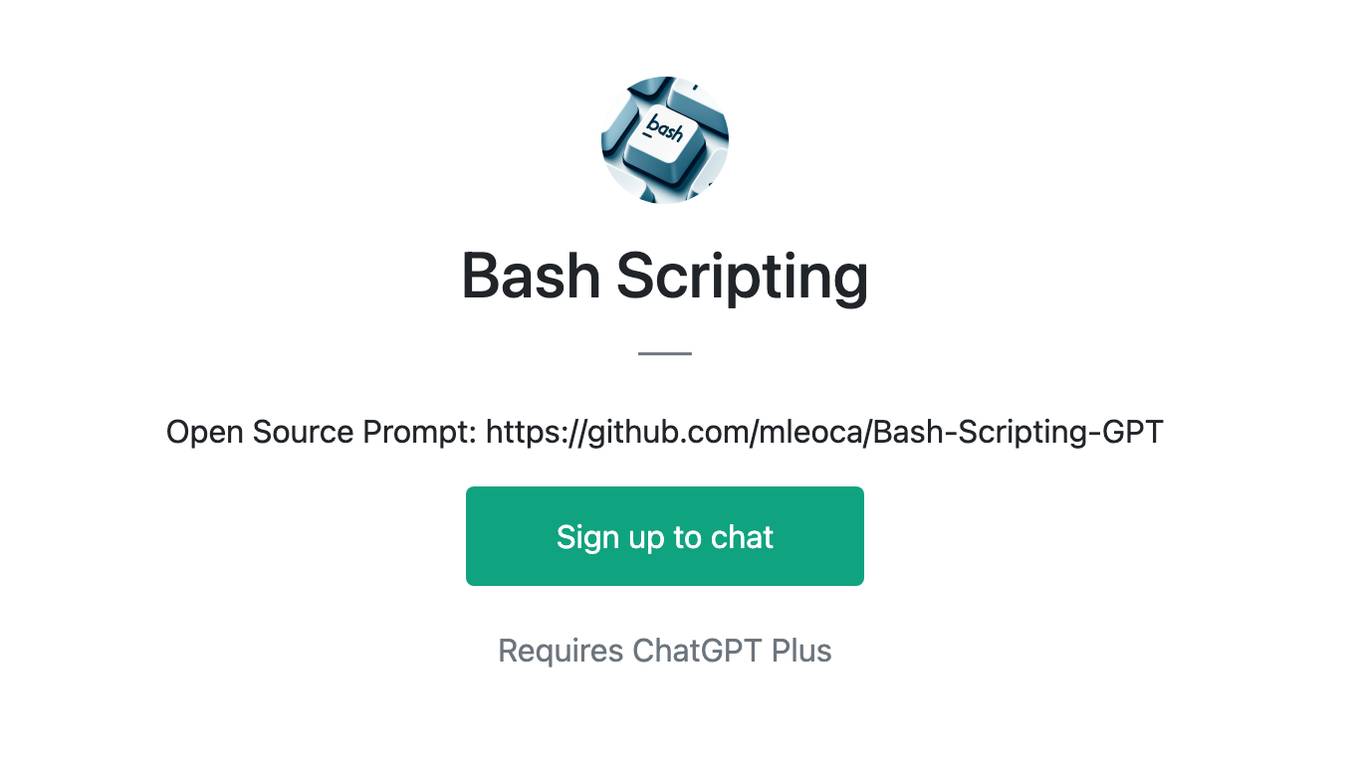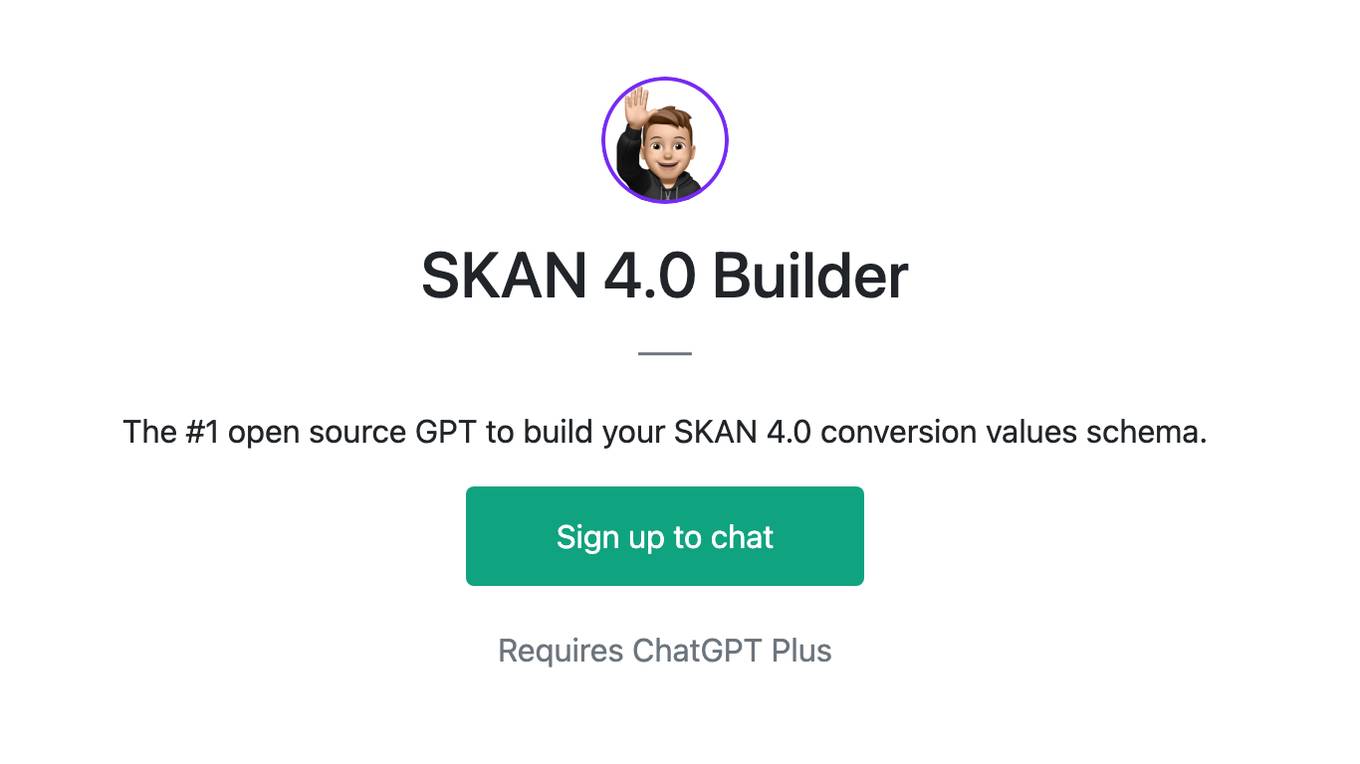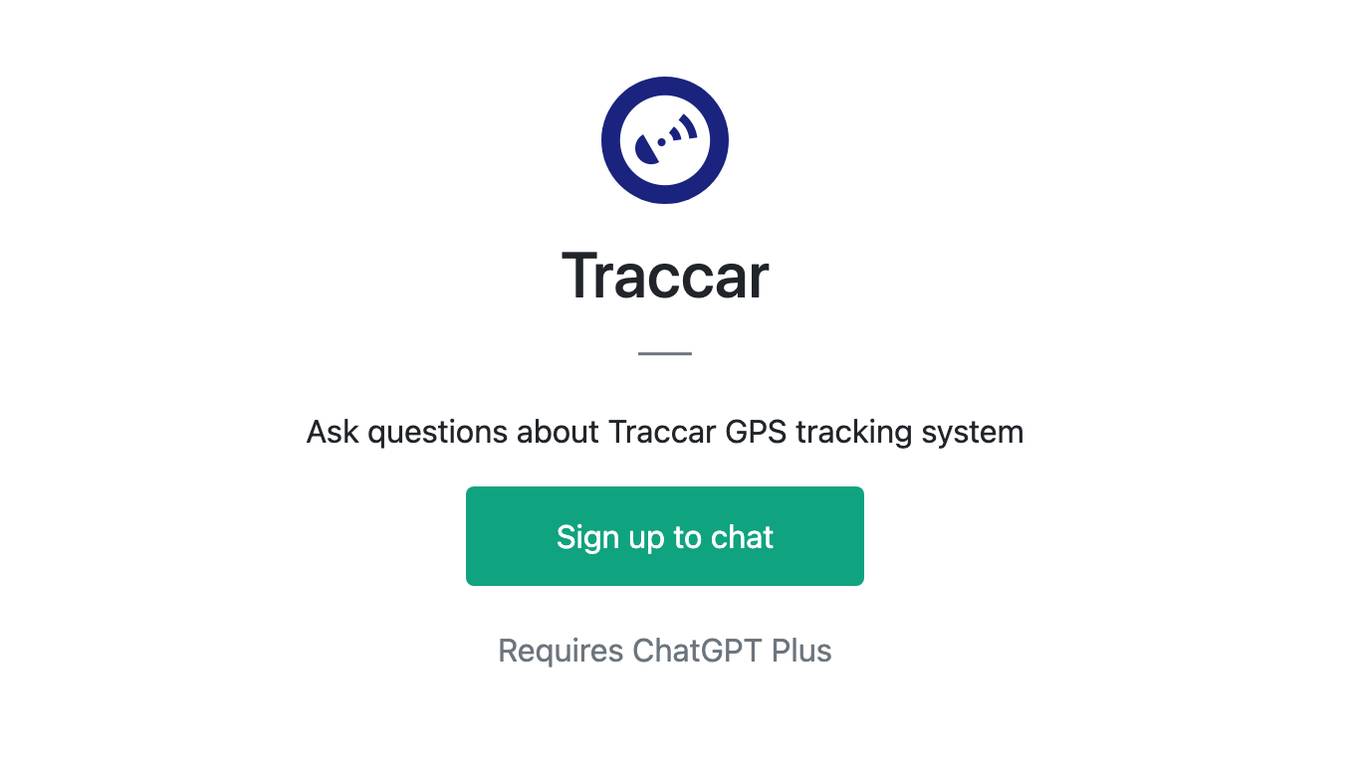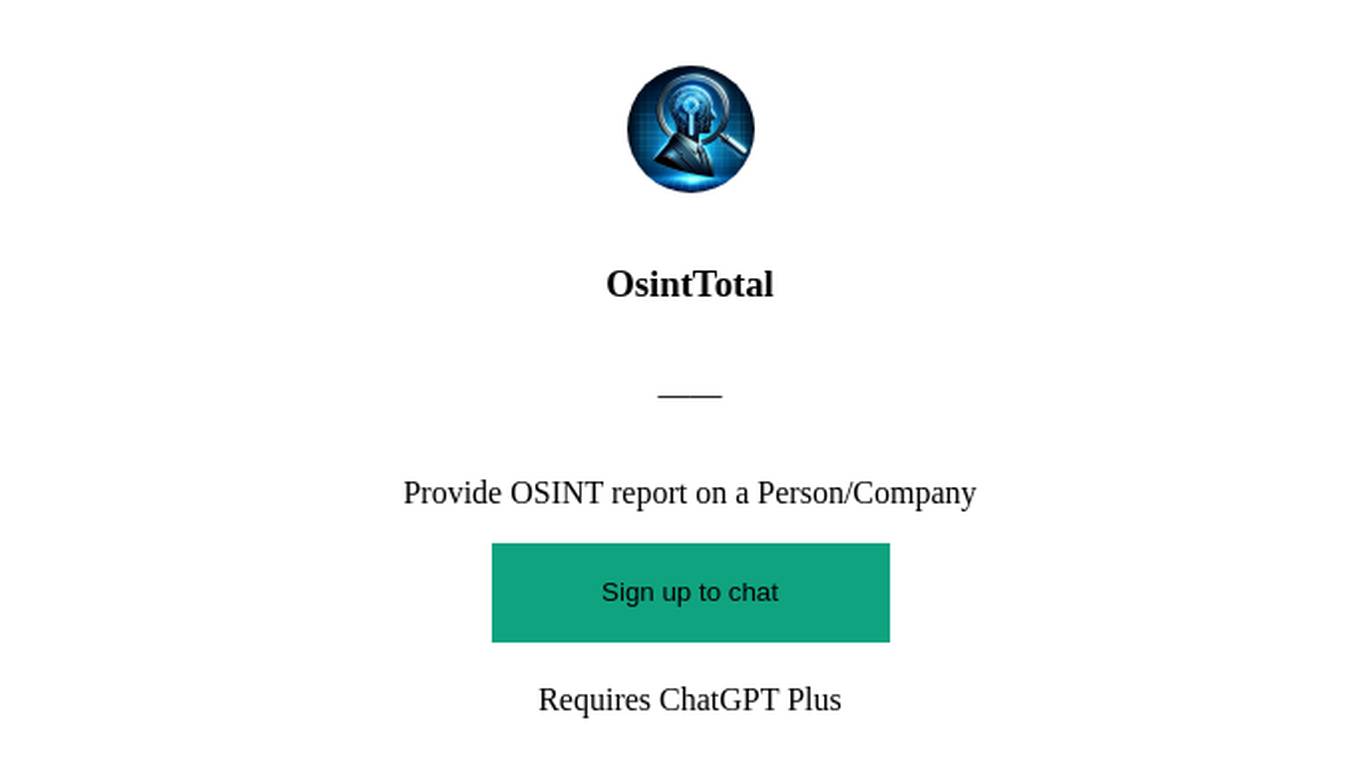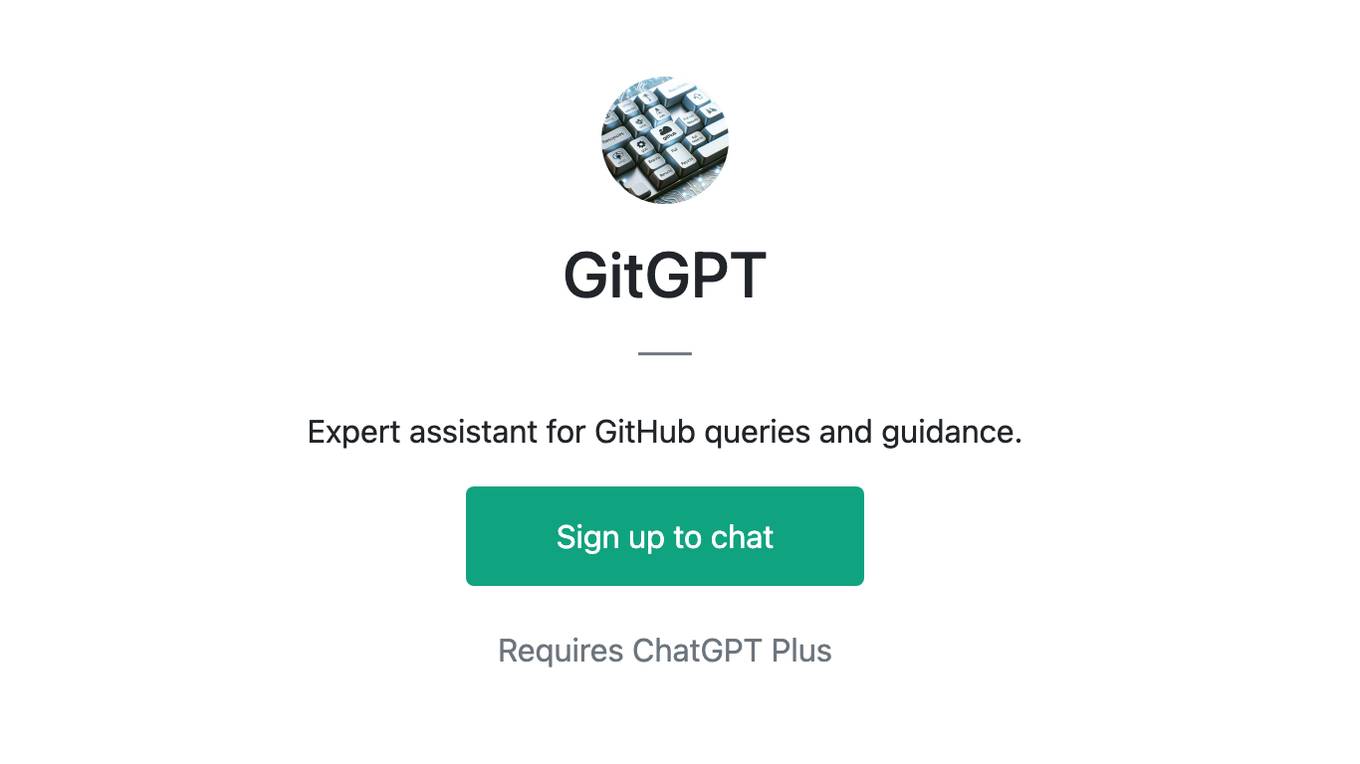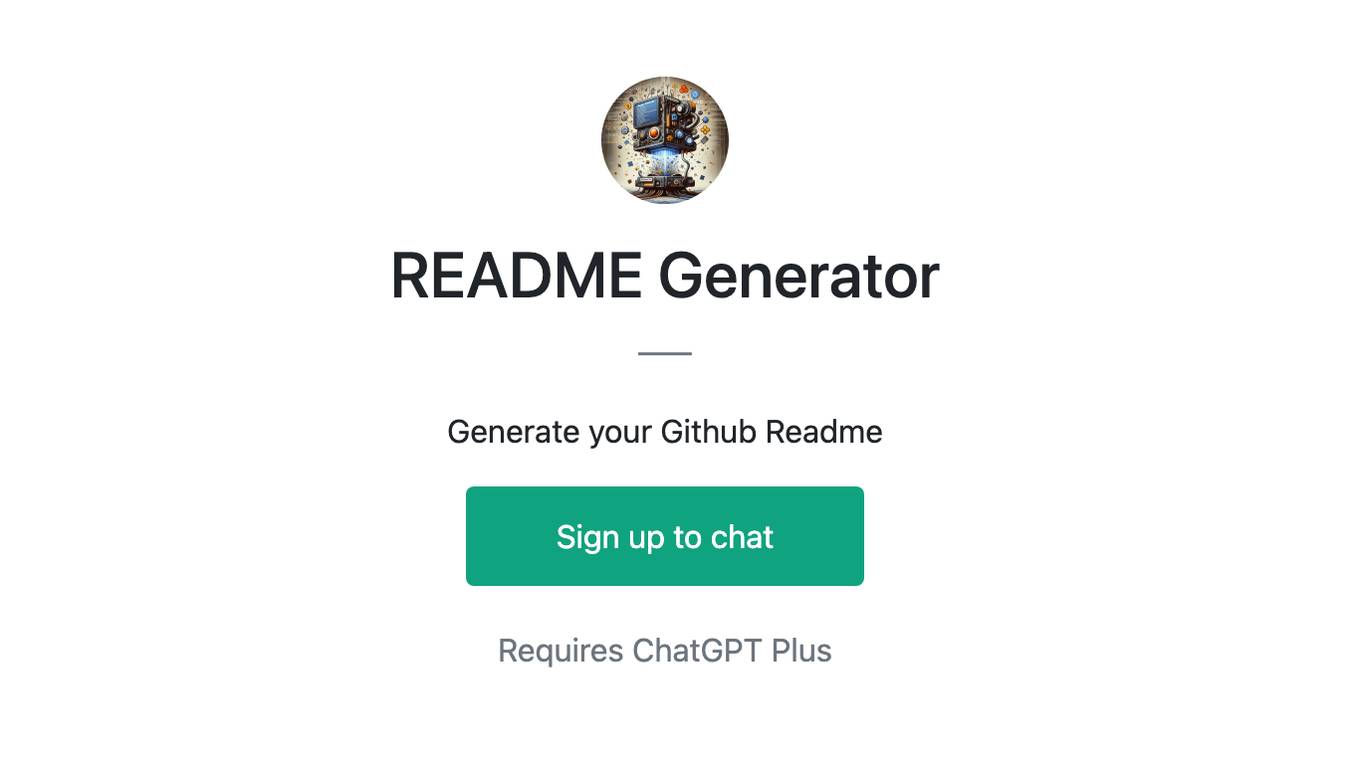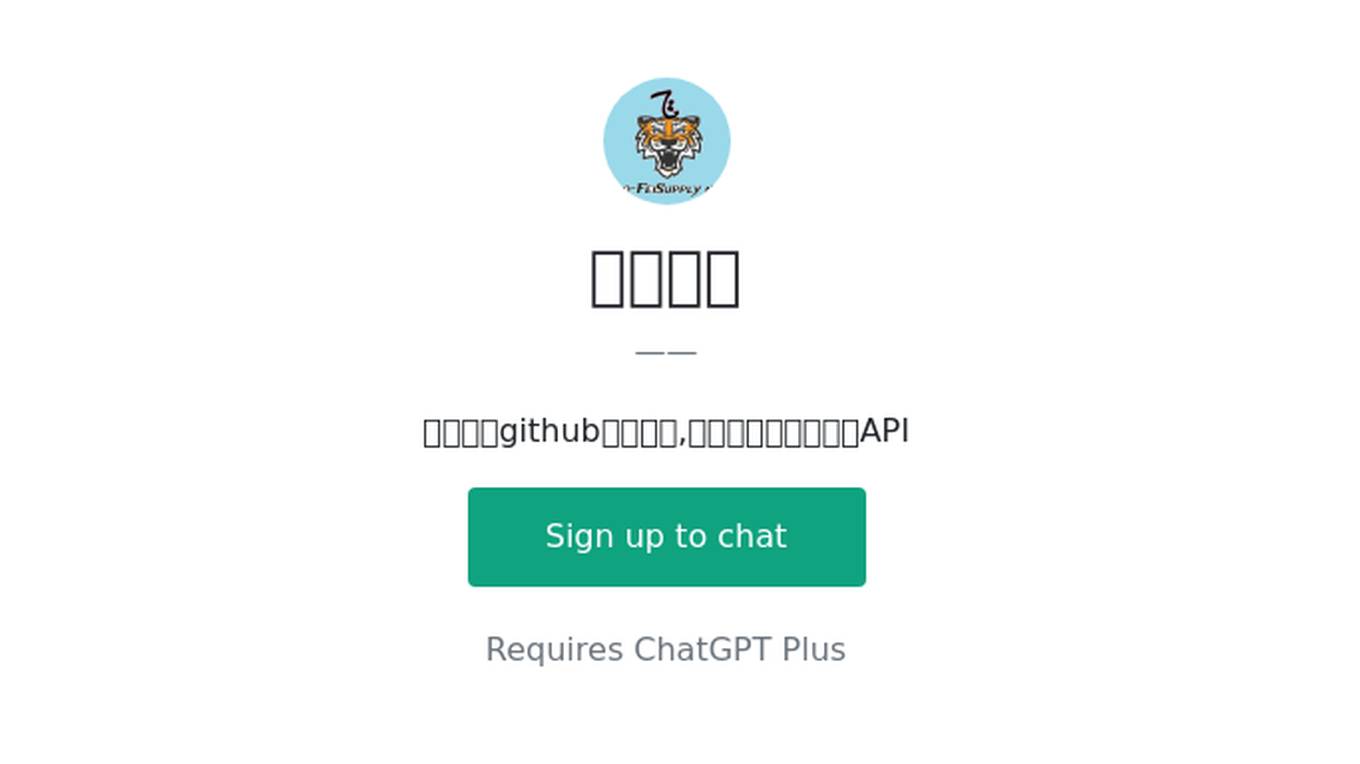Best AI tools for< Open Source Advocate >
Infographic
20 - AI tool Sites
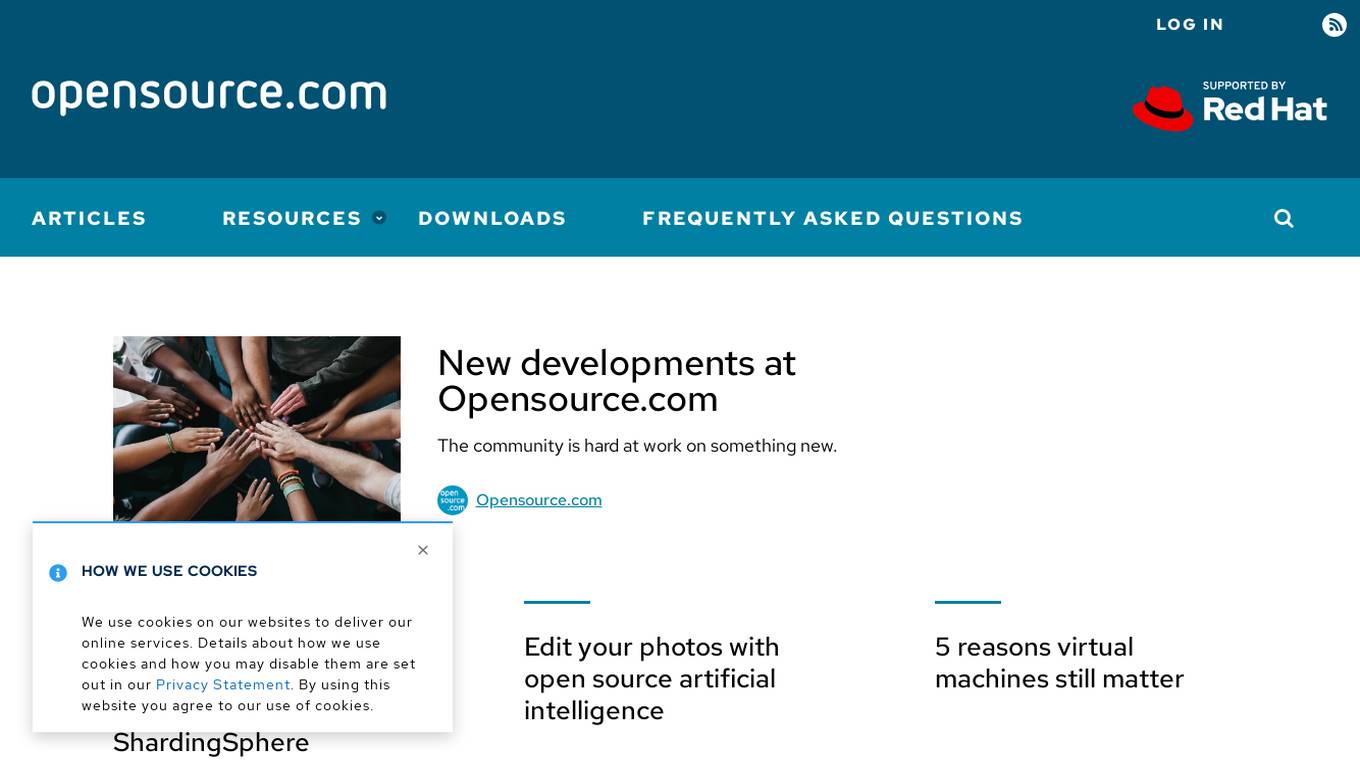
Opensource.com
Opensource.com is a platform that provides a wealth of information and resources related to open source technologies, projects, and applications. It covers a wide range of topics such as open source alternatives, Linux downloads, community developments, and tips for running virtual events. The website also features articles on various open source tools, technologies, and best practices, making it a valuable resource for developers, tech enthusiasts, and open source advocates.
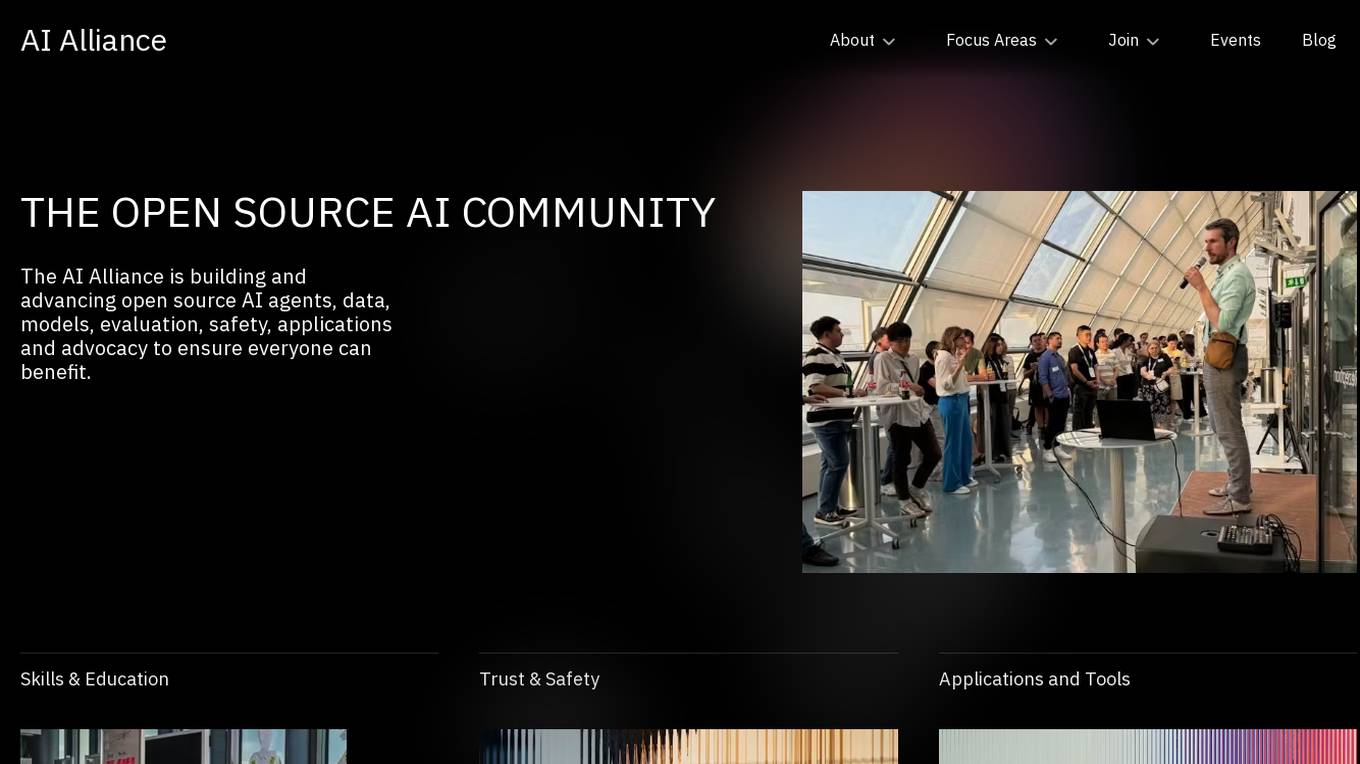
AI Alliance
The AI Alliance is a community dedicated to building and advancing open-source AI agents, data, models, evaluation, safety, applications, and advocacy to ensure everyone can benefit. They focus on various areas such as skills and education, trust and safety, applications and tools, hardware enablement, foundation models, and advocacy. The organization supports global AI skill-building, education, and exploratory research, creates benchmarks and tools for safe generative AI, builds capable tools for AI model builders and developers, fosters AI hardware accelerator ecosystem, enables open foundation models and datasets, and advocates for regulatory policies for healthy AI ecosystems.
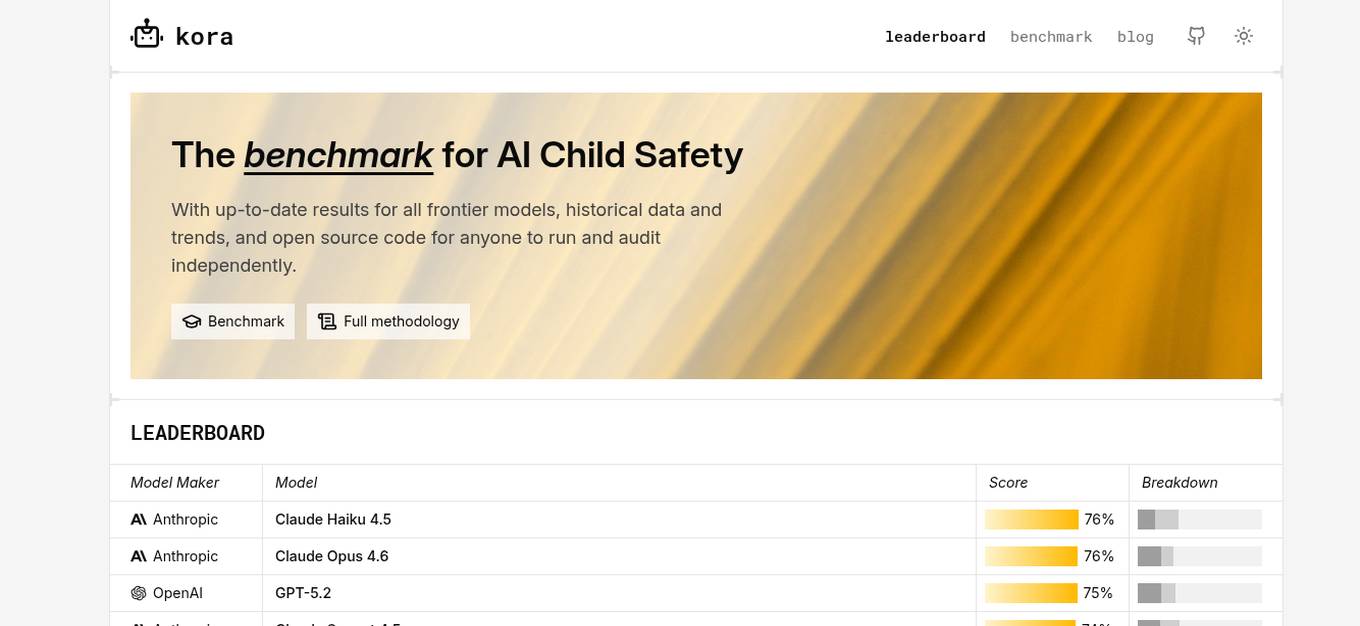
KORA Benchmark
KORA Benchmark is a leading platform that provides a benchmark for AI child safety. It offers up-to-date results for frontier models, historical data, and trends. The platform also provides open-source code for users to run and audit independently. KORA Benchmark aims to ensure the safety of children in the AI landscape by evaluating various models and providing valuable insights to the community.
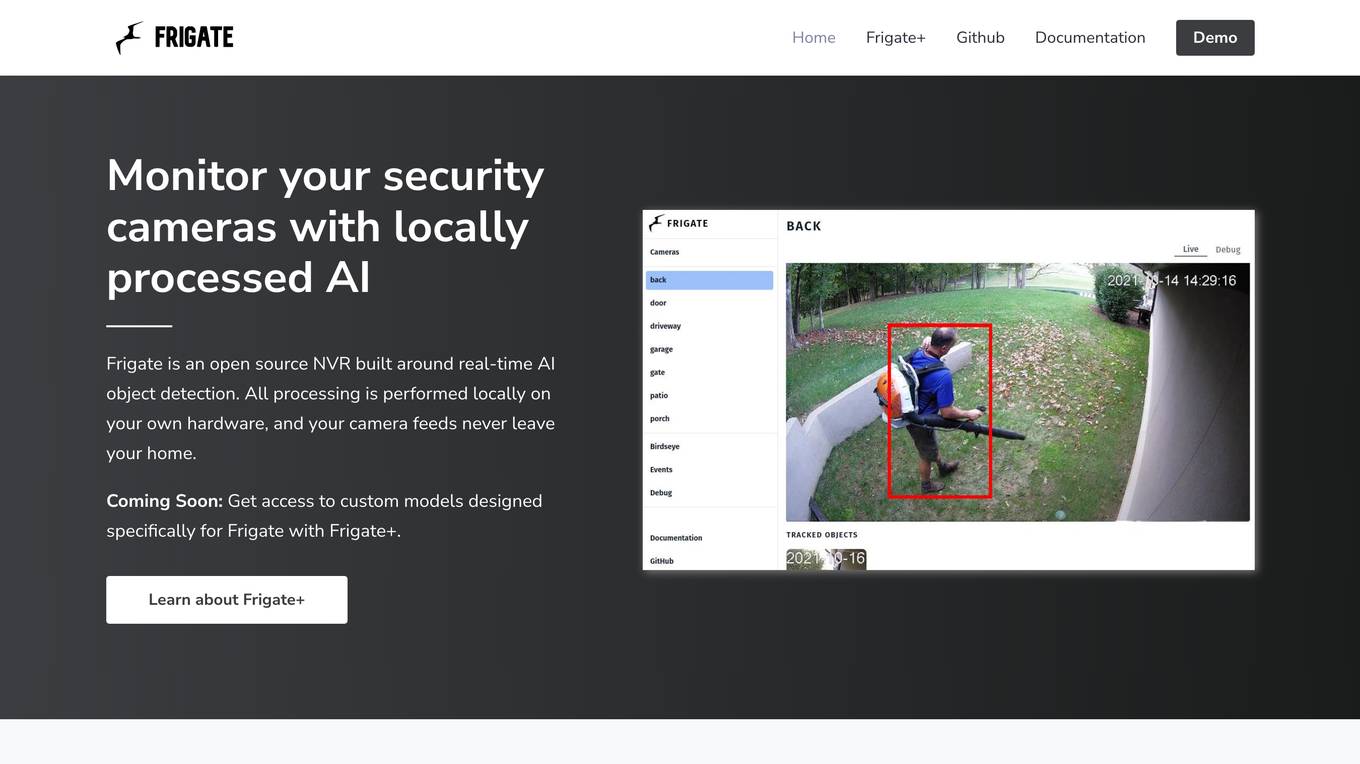
Frigate
Frigate is an open source NVR application that focuses on locally processed AI object detection for security camera monitoring. It ensures privacy by performing all processing on the user's hardware, without sending camera feeds to the cloud. Frigate offers custom models through Frigate+ and is popular among privacy-focused home automation enthusiasts.
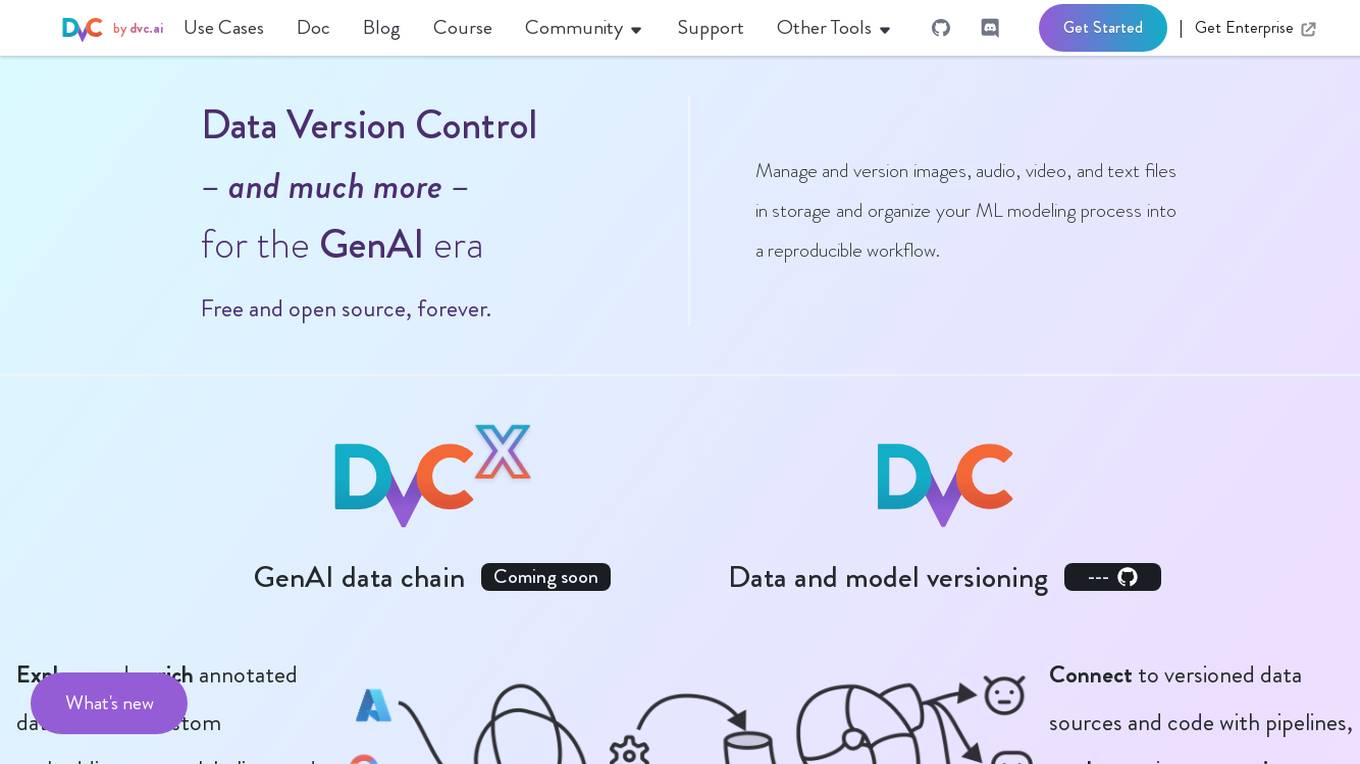
DVC
DVC is an open-source version control system for machine learning projects. It allows users to track and manage their data, models, and code in a single place. DVC also provides a number of features that make it easy to collaborate on machine learning projects, such as experiment tracking, model registration, and pipeline management.
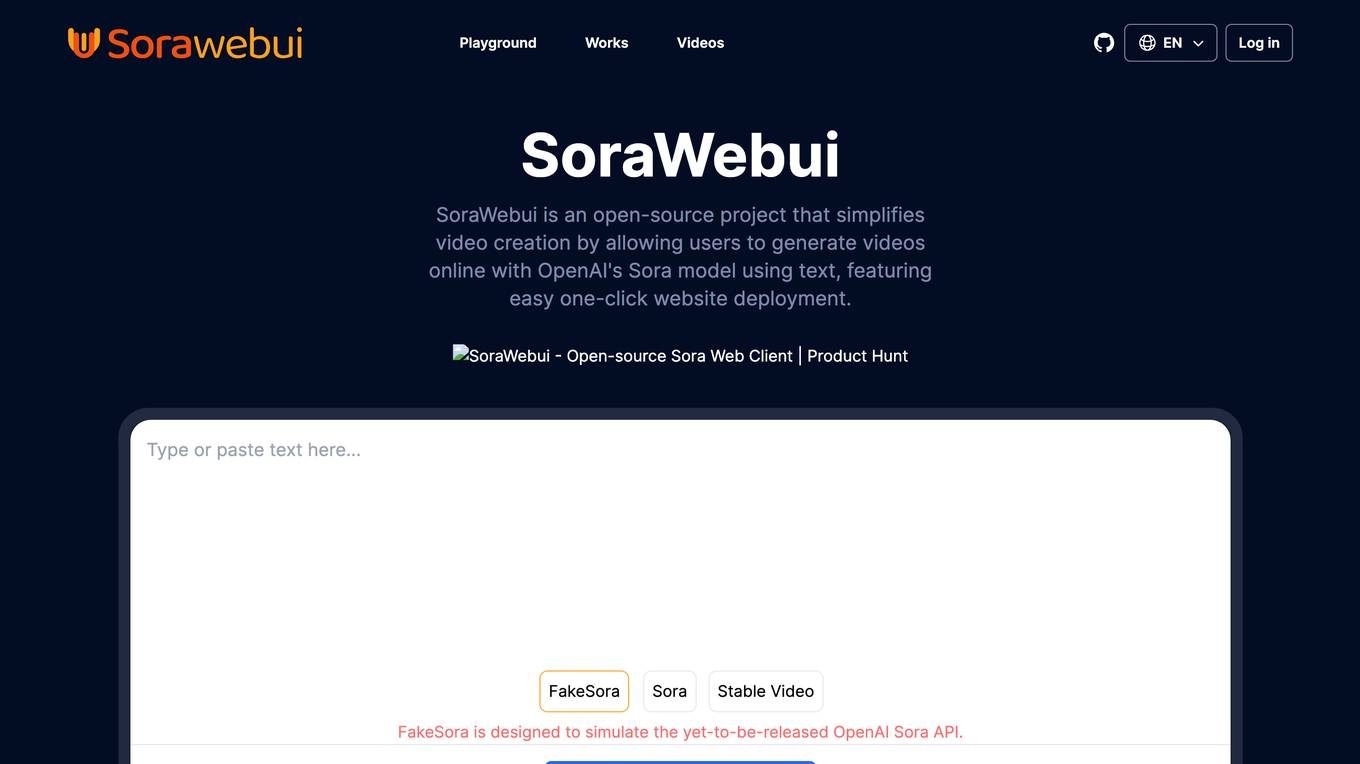
SoraWebui
SoraWebui is an open-source web platform that simplifies video creation by allowing users to generate videos from text using OpenAI's Sora model. It provides an easy-to-use interface and one-click website deployment, making it accessible to both professionals and enthusiasts in video production and AI technology. SoraWebui also includes a simulated version of the Sora API called FakeSoraAPI, which allows developers to start developing and testing their projects in a mock environment.
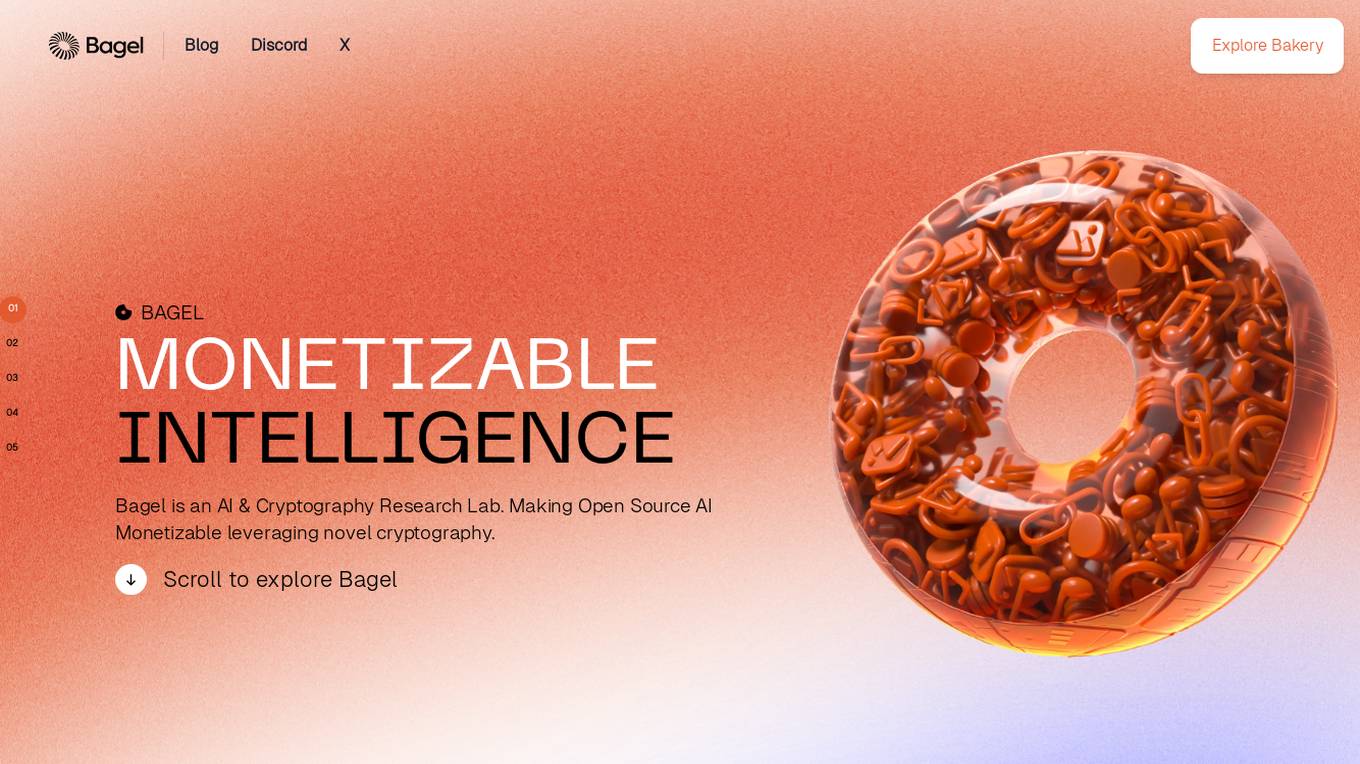
Bagel
Bagel is an AI & Cryptography Research Lab that focuses on making open source AI monetizable by leveraging novel cryptography techniques. Their innovative fine-tuning technology tracks the evolution of AI models, ensuring every contribution is rewarded. Bagel is built for autonomous AIs with large resource requirements and offers permissionless infrastructure for seamless information flow between machines and humans. The lab is dedicated to privacy-preserving machine learning through advanced cryptography schemes.

Clarity Write
Clarity Write is an open-source SaaS script that provides a comprehensive suite of AI-powered tools to transform content creation. With its powerful AI capabilities, users can effortlessly generate high-quality content, create stunning visuals, automate coding tasks, transcribe audio and video files, and engage with AI experts via chatbots. Clarity Write also offers a vast library of over 500 professionally designed templates, a feature-rich editor for refining content, and robust admin tools for streamlined management. By leveraging the capabilities of OpenAI APIs, Clarity Write empowers users to enhance their content creation process, unlock endless creativity, and simplify their operations.

Comfy Org
Comfy Org is an open-source AI tooling platform dedicated to advancing and democratizing AI technology. The platform offers tools like node manager, node registry, CLI, automated testing, and public documentation to support the ComfyUI ecosystem. Comfy Org aims to make state-of-the-art AI models accessible to a wider audience by fostering an open-source and community-driven approach. The team behind Comfy Org consists of individuals passionate about developing and maintaining various components of the platform, ensuring a reliable and secure environment for users to explore and contribute to AI tooling.
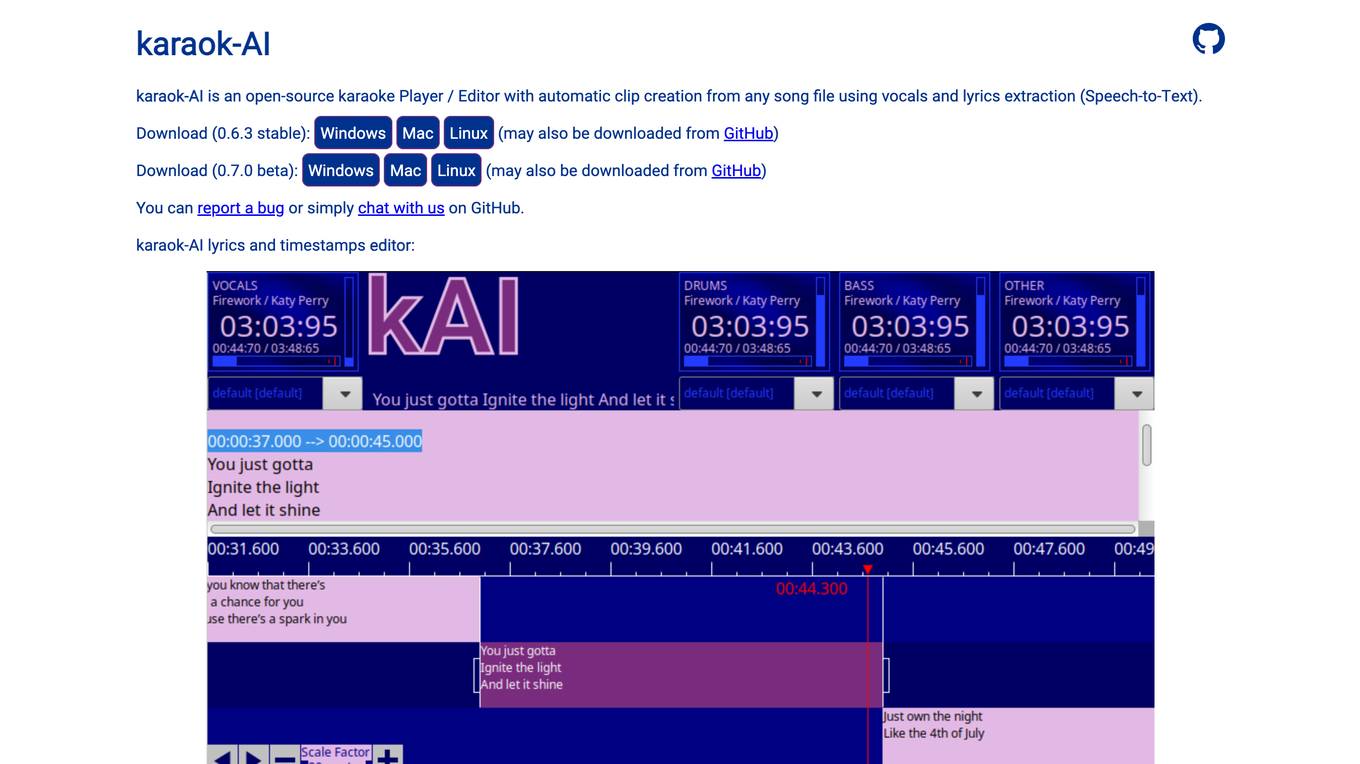
karaok-AI
karaok-AI is an open-source karaoke Player / Editor with automatic clip creation from any song file using vocals and lyrics extraction (Speech-to-Text). It uses WhisperHallu and WhisperTimeSync to extract vocals and lyrics. karaok-AI also includes kaiDJ, a minimalist and easy-to-use DJ Party Player with multi-sound cards support, two players with auto-mix between songs, and a pre-listen player. It can index thousands of songs in a single efficient database and allows for direct search and selection over all songs. Additionally, it offers playlist management with nested groups and the ability to open and save m3u and m3u8 playlists while keeping group definitions.
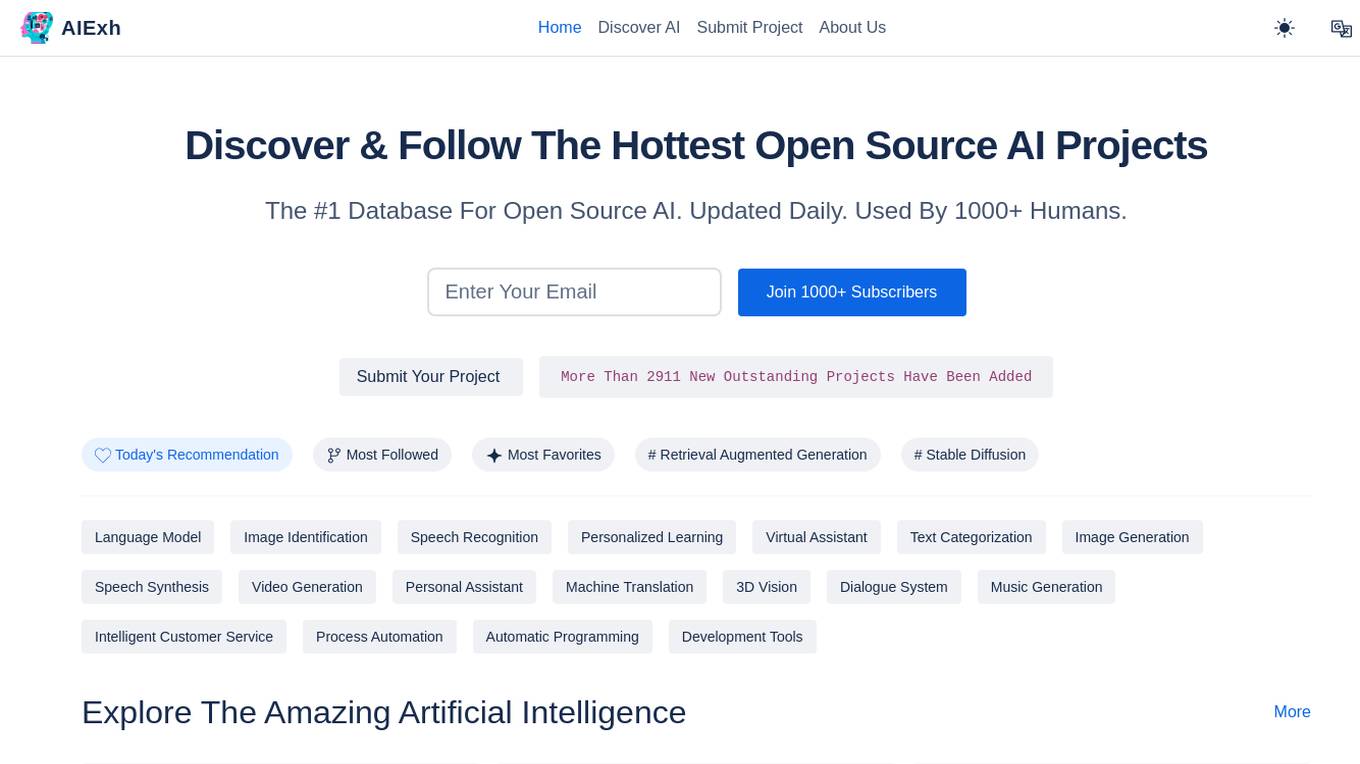
AIExh
AIExh is a platform dedicated to discovering and following the hottest open-source AI projects. It serves as the #1 database for open-source AI, providing daily updates and recommendations. With a user base of over 1000 humans and 1000+ subscribers, AIExh covers a wide range of AI applications such as image identification, speech recognition, machine translation, and more. Users can explore various AI projects, submit their own projects, and stay updated on the latest advancements in artificial intelligence.
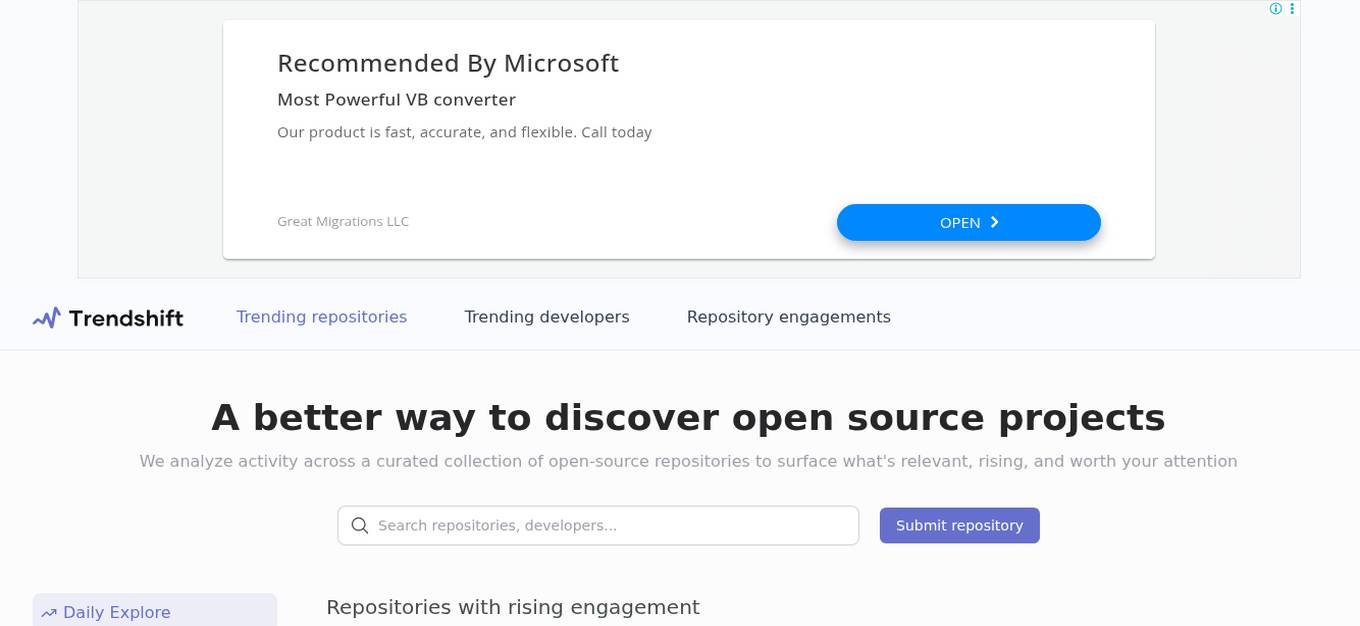
Trendshift
The website Trendshift is an AI tool that analyzes activity across a curated collection of open-source repositories to surface relevant, rising projects. It provides an alternative to GitHub Trending, using a consistent scoring algorithm informed by daily engagement metrics. Users can explore GitHub Trending Stats, repositories with rising engagement, and discover new projects. Trendshift offers a platform for developers to stay updated on the latest open-source projects and trends in the software development community.

Evidently AI
Evidently AI is an open-source machine learning (ML) monitoring and observability platform that helps data scientists and ML engineers evaluate, test, and monitor ML models from validation to production. It provides a centralized hub for ML in production, including data quality monitoring, data drift monitoring, ML model performance monitoring, and NLP and LLM monitoring. Evidently AI's features include customizable reports, structured checks for data and models, and a Python library for ML monitoring. It is designed to be easy to use, with a simple setup process and a user-friendly interface. Evidently AI is used by over 2,500 data scientists and ML engineers worldwide, and it has been featured in publications such as Forbes, VentureBeat, and TechCrunch.
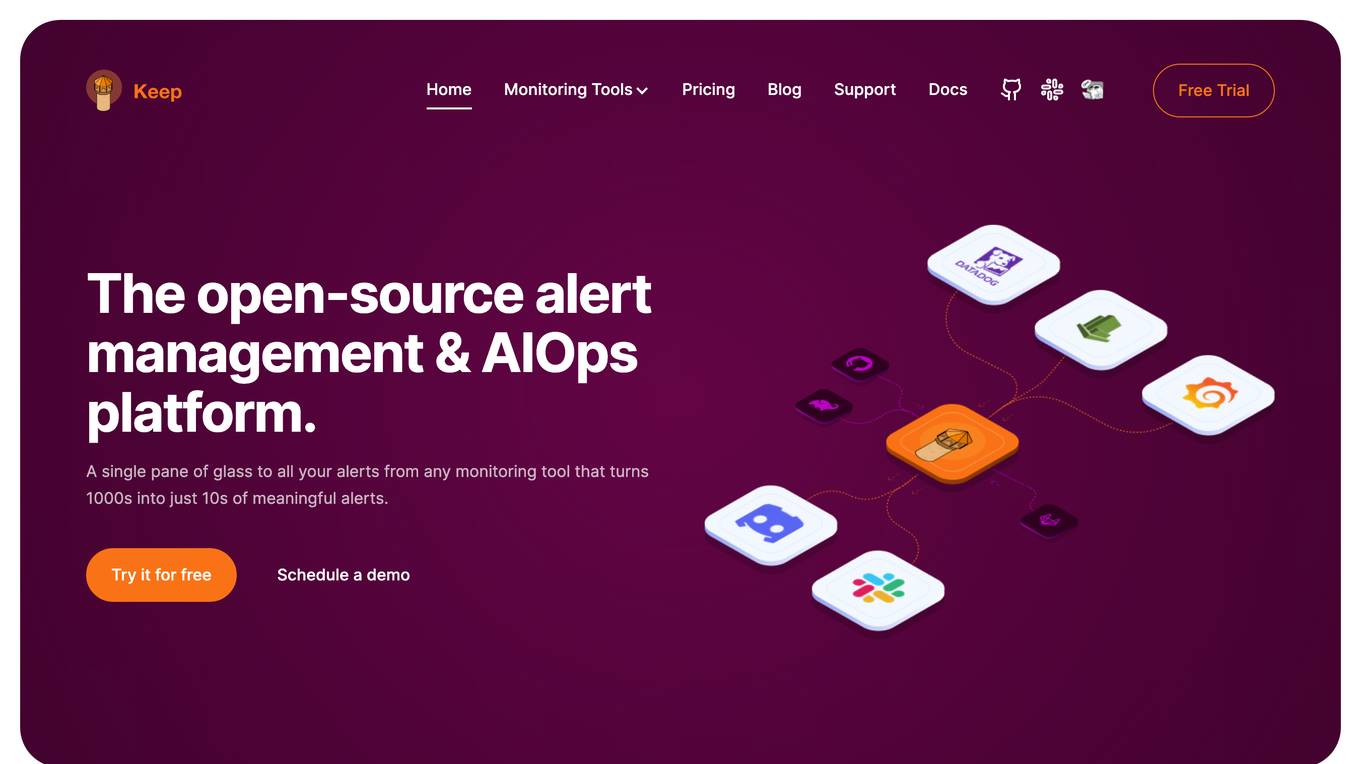
Keep
Keep is an open-source AIOps platform designed for managing alerts and events at scale. It offers features such as enrichment, workflows, a single pane of glass, and over 90 integrations. Keep is ideal for those dealing with alerts in complex environments and leverages AI for IT Operations. The platform provides high-quality integrations with monitoring systems, advanced querying capabilities, a workflow engine, and next-gen AIOps for enterprise-level alert management. Keep is maintained by a community of 'Keepers' and seamlessly integrates with existing IT operations tools to optimize alert management and reduce alert fatigue.
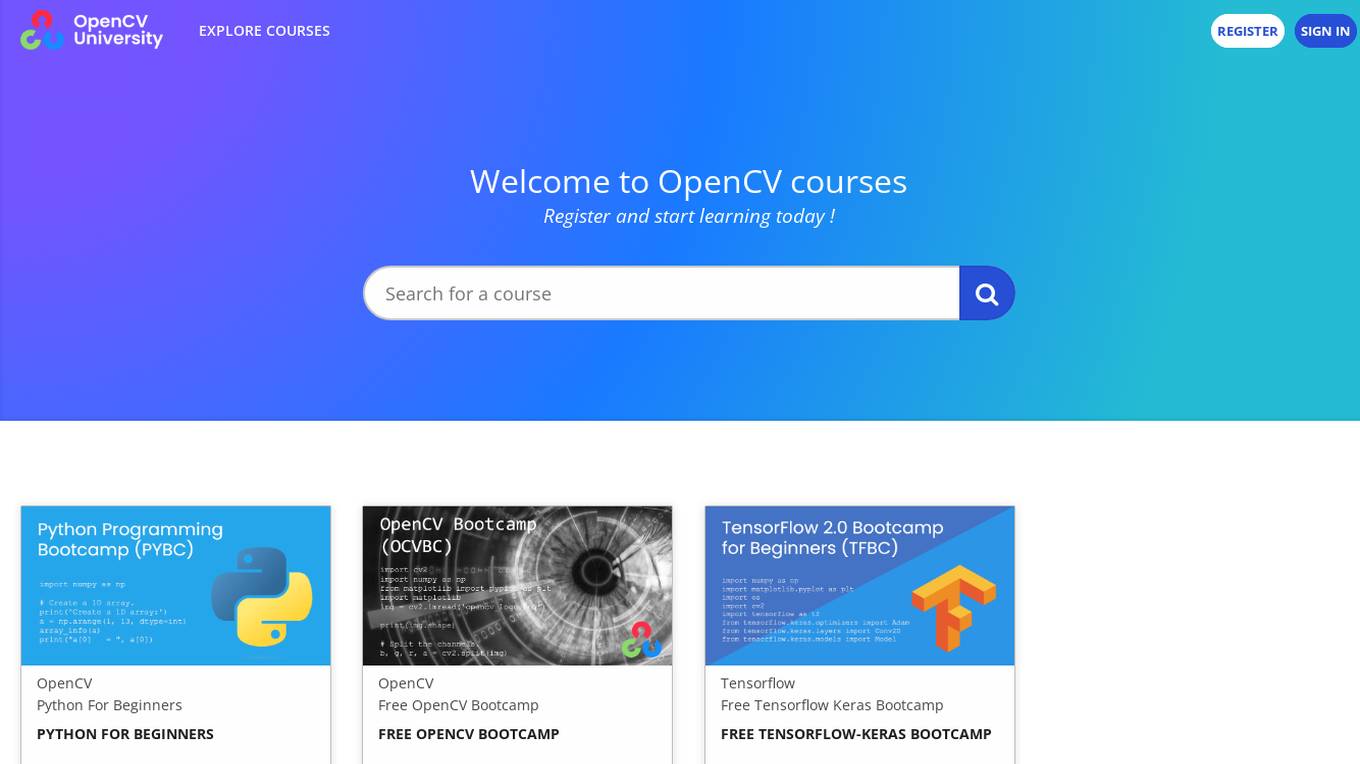
OpenCV
OpenCV is a library of programming functions mainly aimed at real-time computer vision. Originally developed by Intel, it was later supported by Willow Garage and is now maintained by Itseez. OpenCV is cross-platform and free for use under the open-source BSD license.
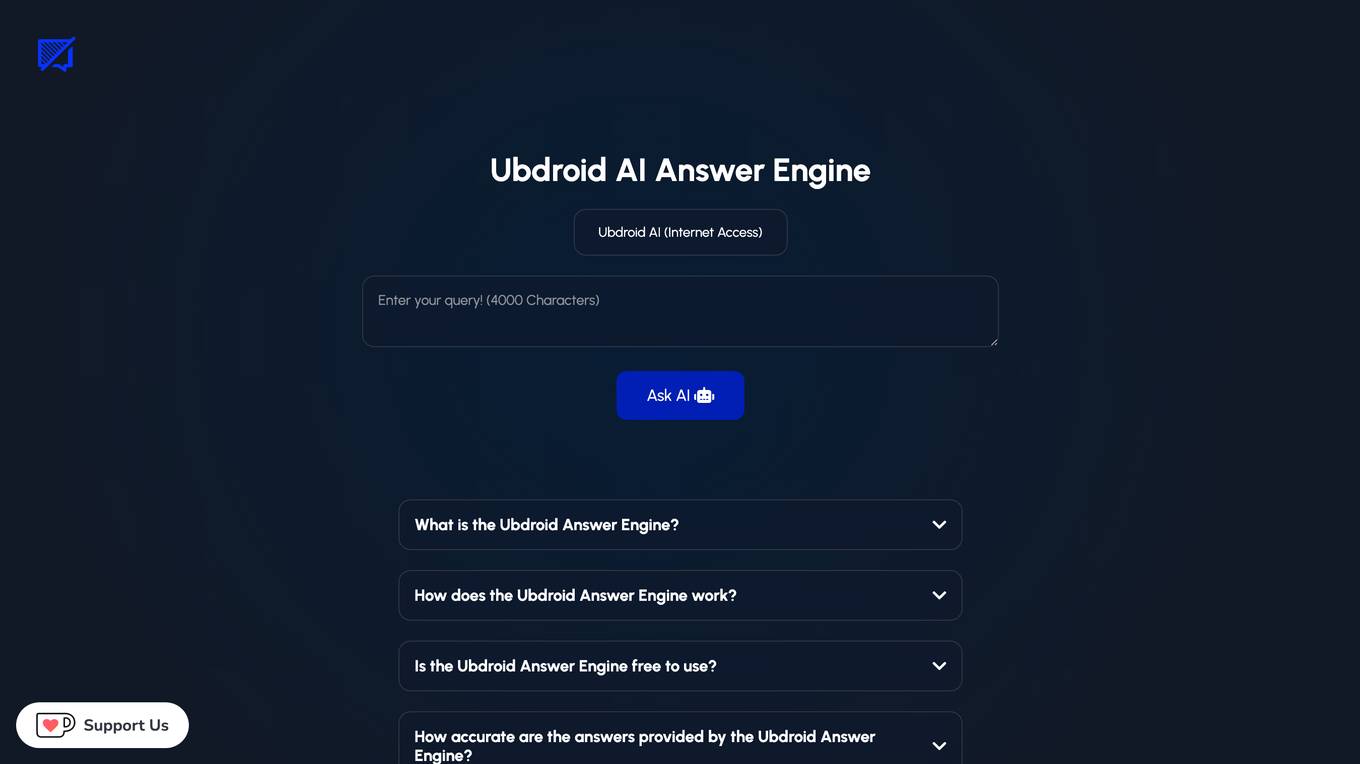
Ubdroid AI Answer Engine
Ubdroid AI Answer Engine is an AI-powered tool that utilizes various open-source LLMs to provide answers to user queries. It works by processing user queries and fetching relevant information from these LLMs. The accuracy of the answers depends on the quality and relevance of the data provided by the LLMs. The free version of the tool has a request limit of 10 requests per minute. If a model is not working, users can select another model.
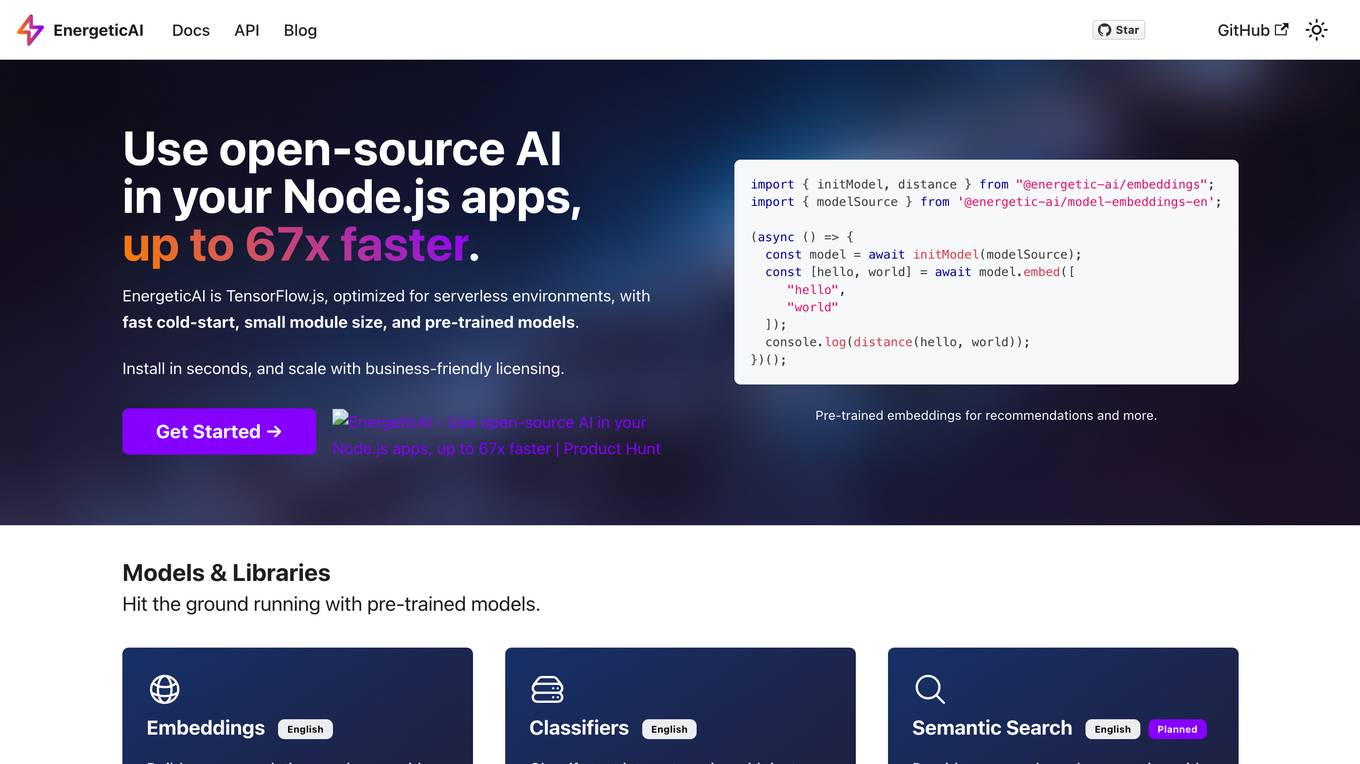
EnergeticAI
EnergeticAI is an open-source AI library that can be used in Node.js applications. It is optimized for serverless environments and provides fast cold-start, small module size, and pre-trained models. EnergeticAI can be used for a variety of tasks, including building recommendations, classifying text, and performing semantic search.
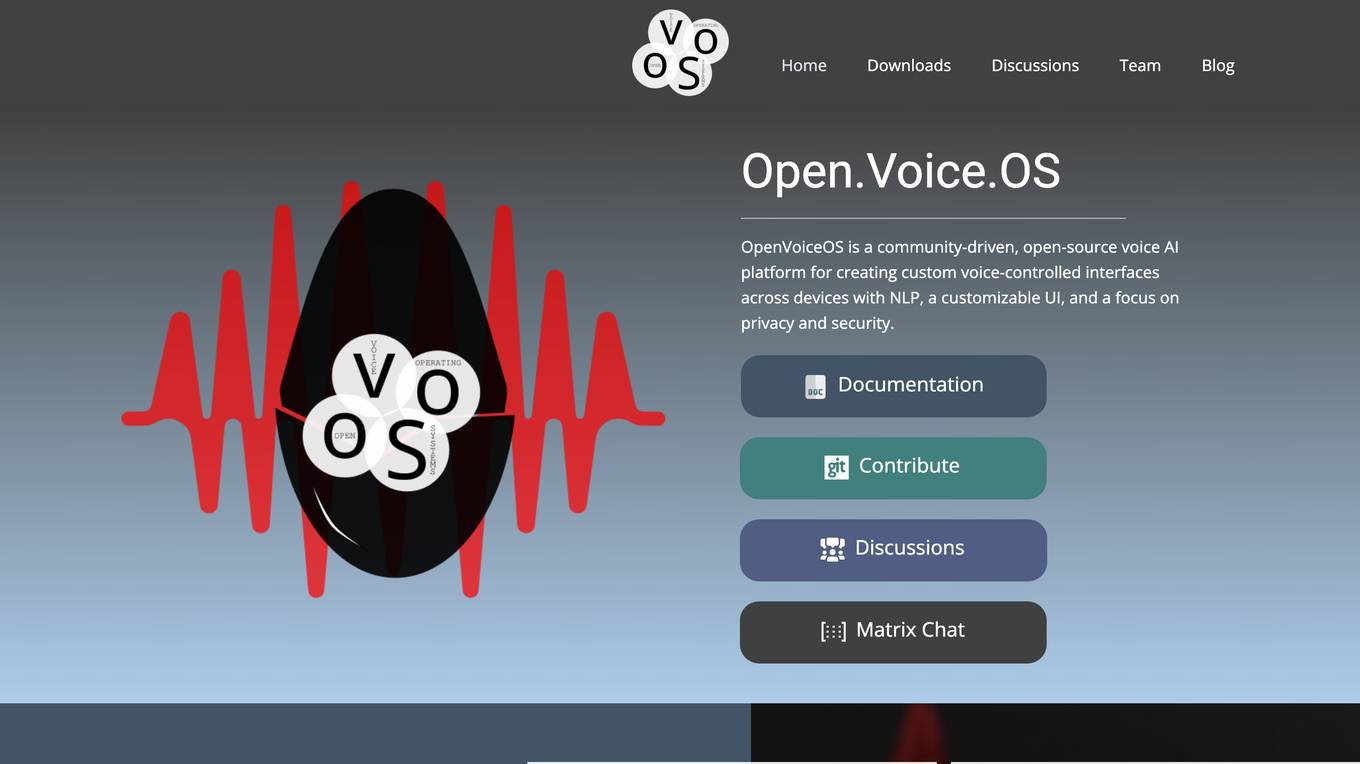
OpenVoiceOS
OpenVoiceOS is a community-driven, open-source voice AI platform for creating custom voice-controlled interfaces across devices with NLP, a customizable UI, and a focus on privacy and security. OpenVoiceOS is designed to provide users with a seamless and intuitive voice interface for controlling their smart home devices, playing music, setting reminders, and much more. OpenVoiceOS is open to all developers and contributors wanting to support a specific device or a platform. OpenVoiceOS is the platform to throw your ideas at if you have an experimental feature you want users to experience before landing them into any of the Linux-based open-source voice assistant projects upstream.
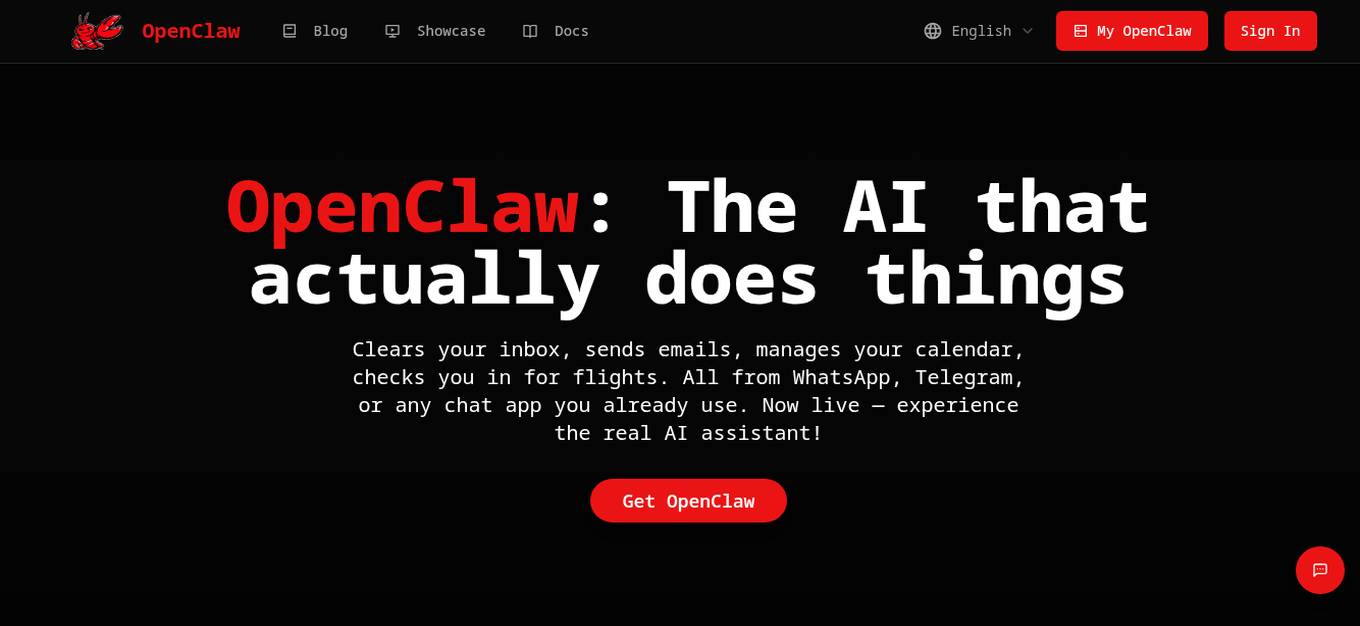
OpenClaw
OpenClaw is an open-source personal AI assistant and autonomous agent that operates on your local machine, providing privacy and control over your data. It offers a wide range of features, including managing emails, calendars, and flights from various chat apps. OpenClaw is designed to be proactive, autonomous, and highly customizable, allowing users to interact with it through popular chat platforms. With a focus on privacy and local sovereignty, OpenClaw aims to bridge the gap between imagination and reality by offering a seamless AI experience that adapts to individual needs and preferences.
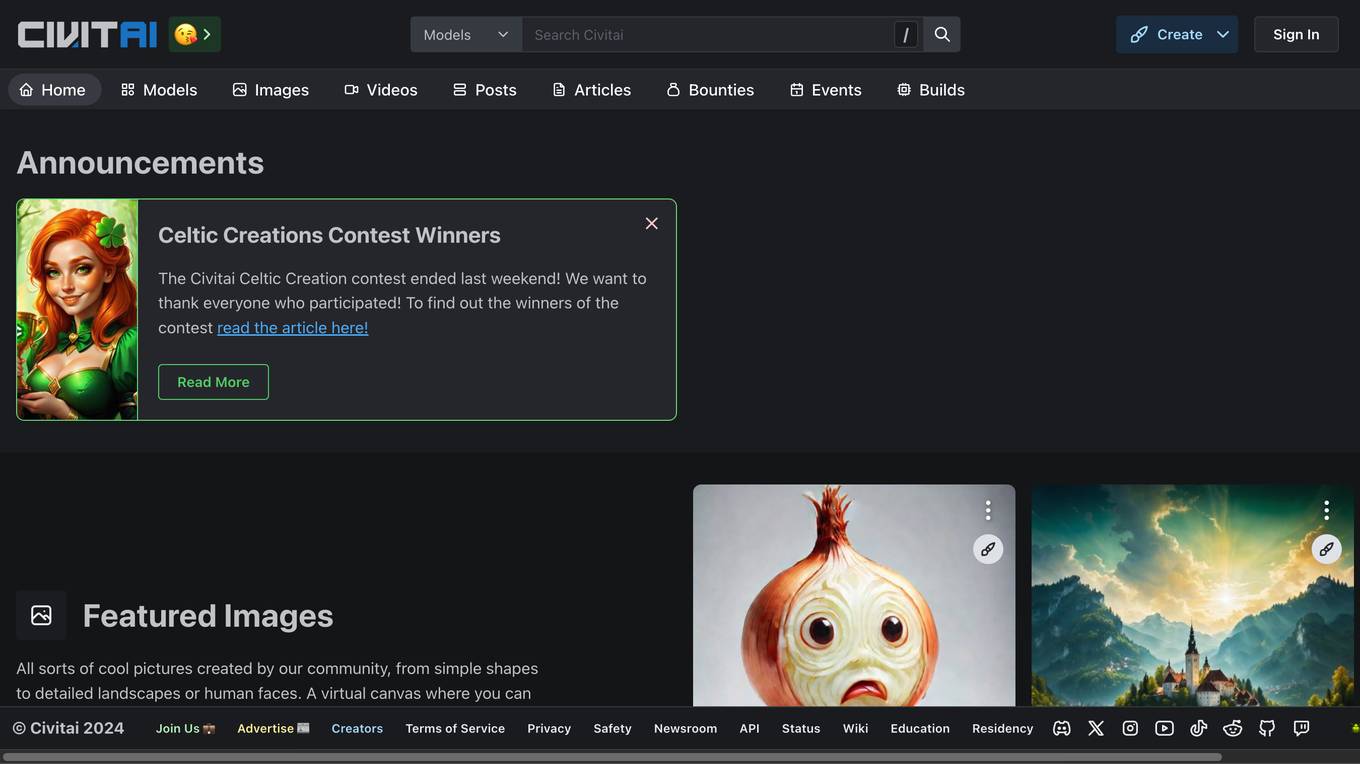
Civitai
Civitai is an open-source generative AI platform that allows users to create images, videos, posts, articles, and bounties. It also provides a virtual canvas where users can unleash their creativity or get inspired by others. Civitai is a community-driven platform that offers a variety of resources for users, including tutorials, guides, and analysis on particular topics.
0 - Open Source Tools
20 - OpenAI Gpts
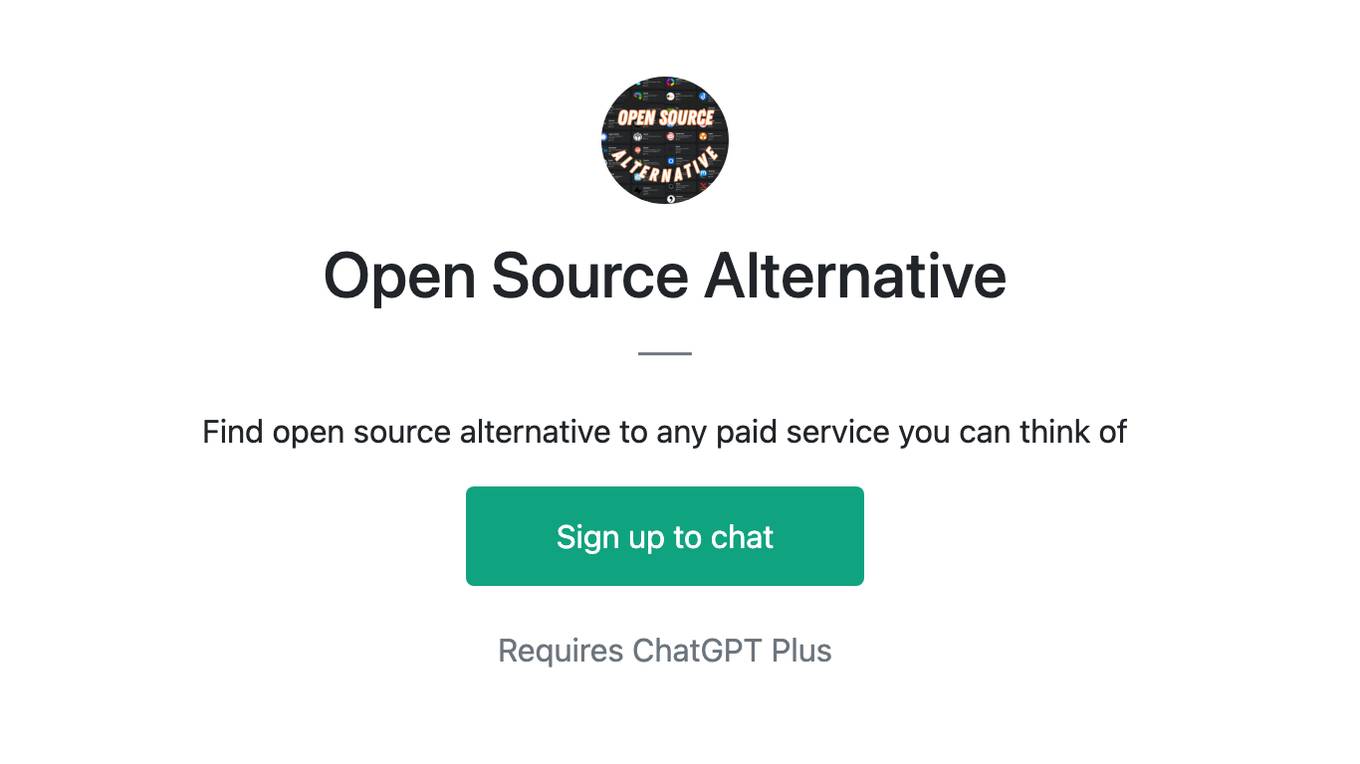
Open Source Alternative
Find open source alternative to any paid service you can think of
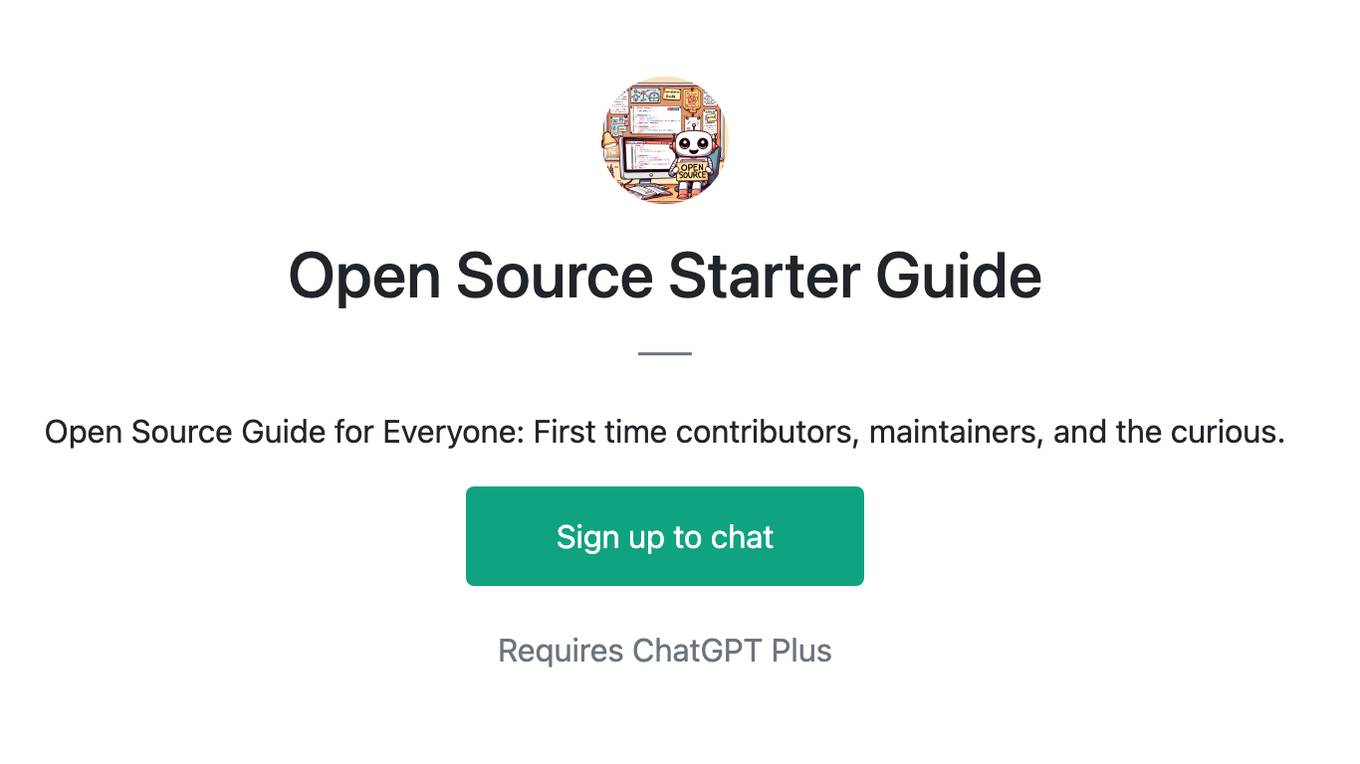
Open Source Starter Guide
Open Source Guide for Everyone: First time contributors, maintainers, and the curious.
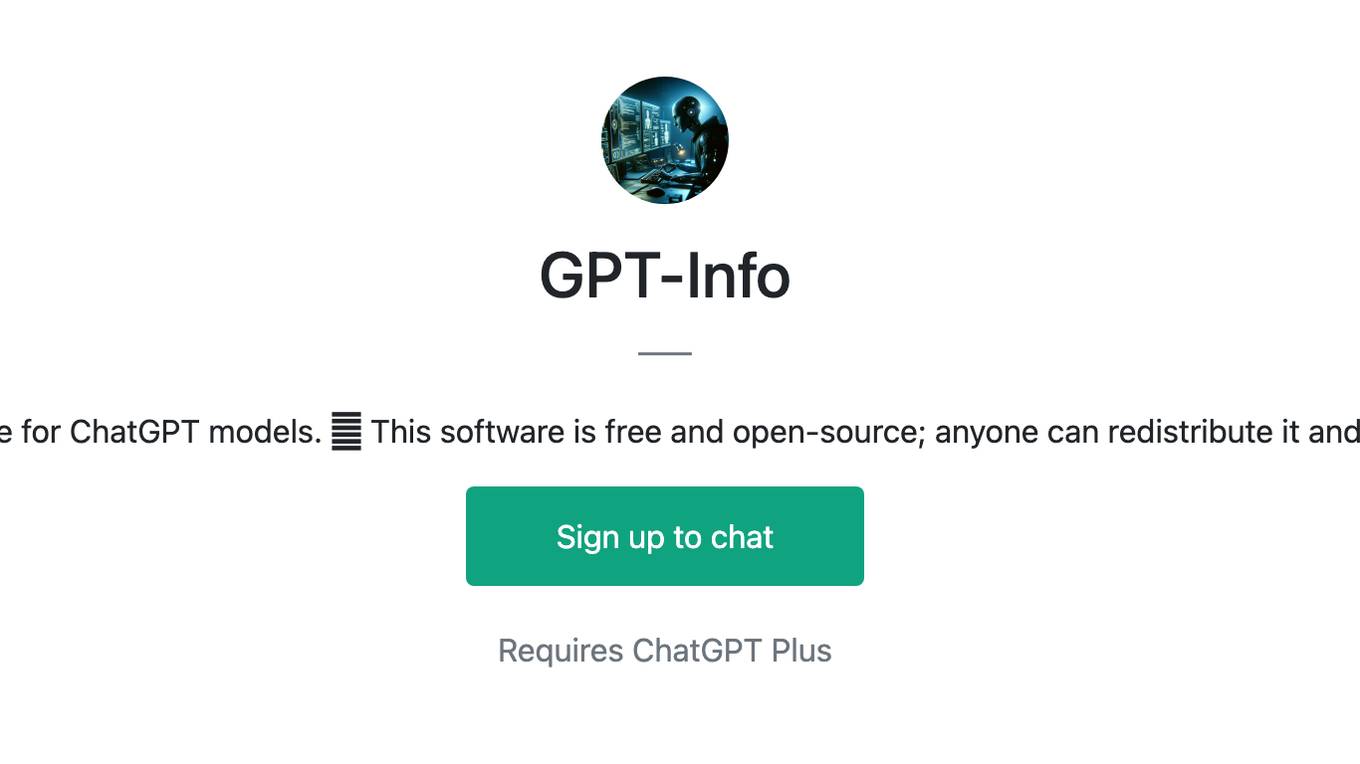
GPT-Info
Extensive guide for ChatGPT models. 🛈 This software is free and open-source; anyone can redistribute it and/or modify it.
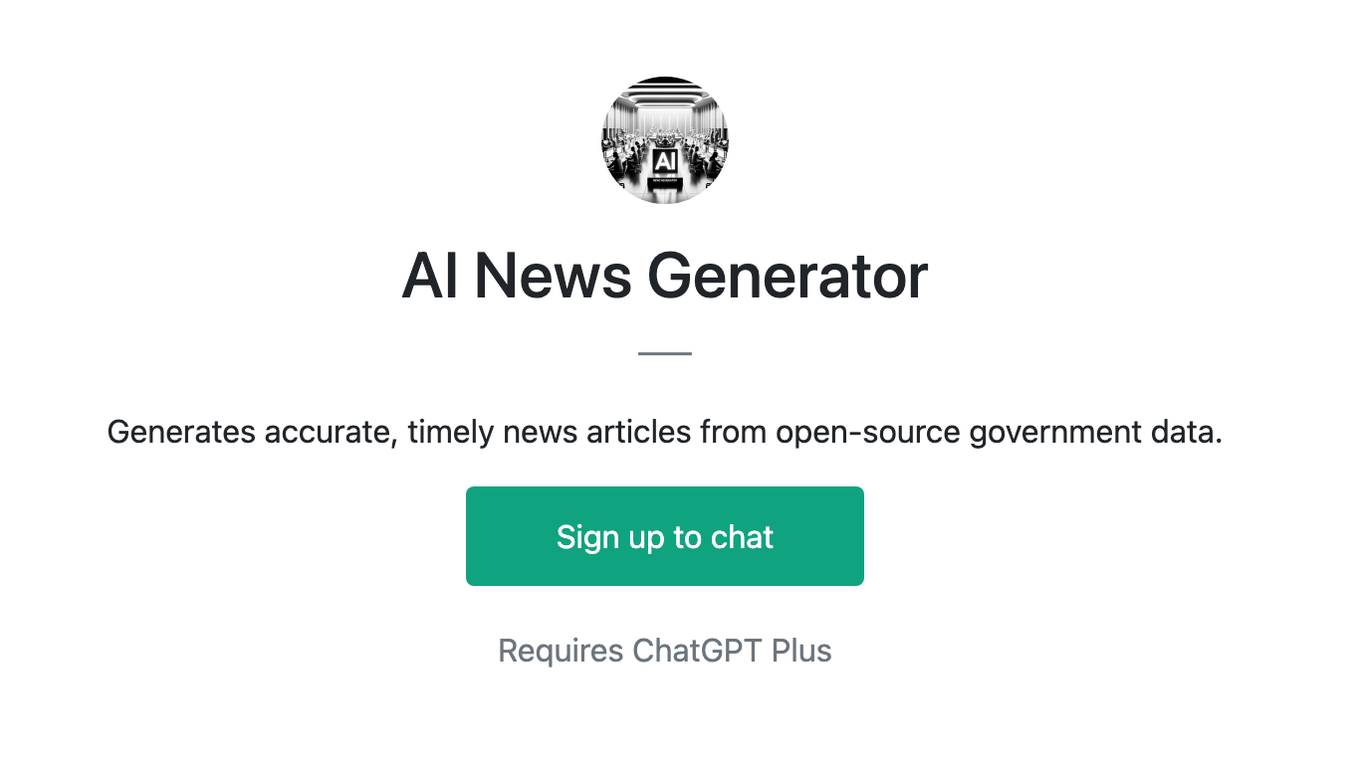
AI News Generator
Generates accurate, timely news articles from open-source government data.
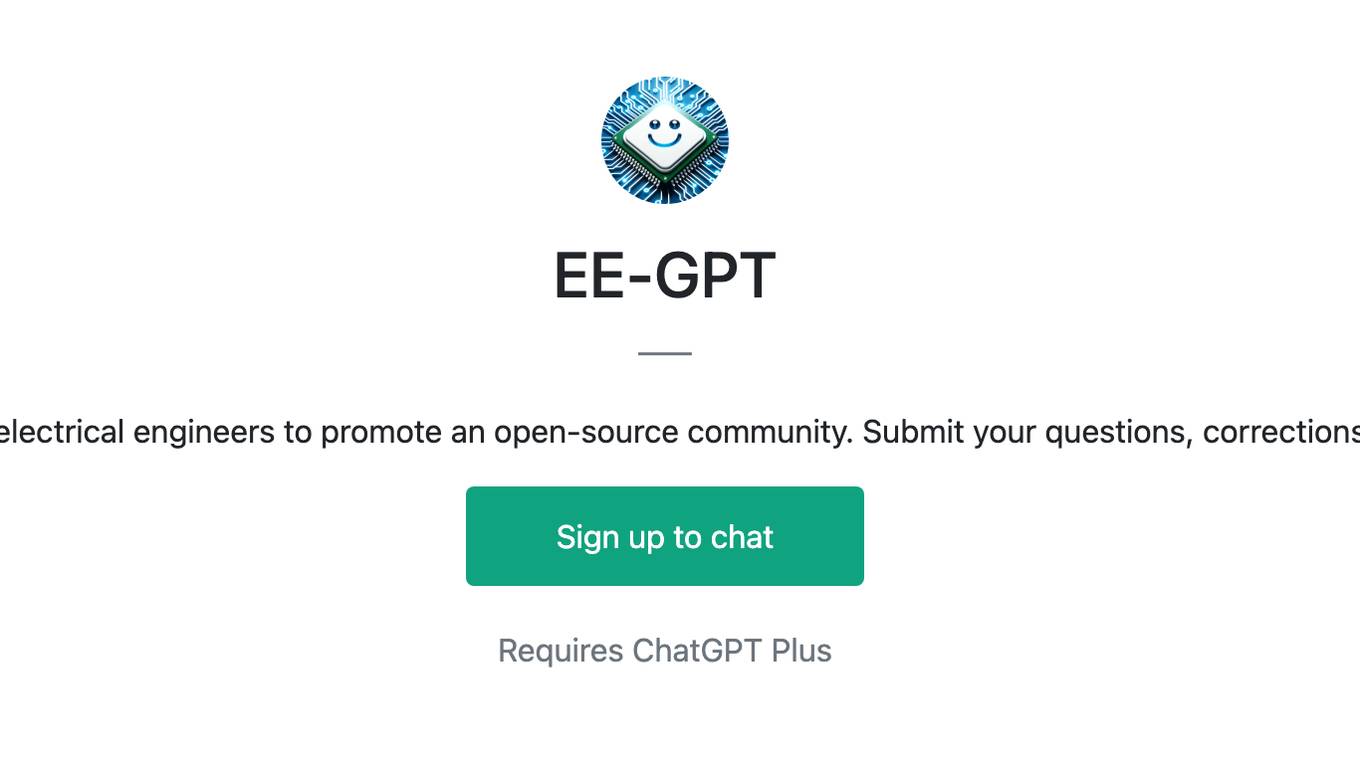
EE-GPT
A search engine and troubleshooter for electrical engineers to promote an open-source community. Submit your questions, corrections and feedback to [email protected]
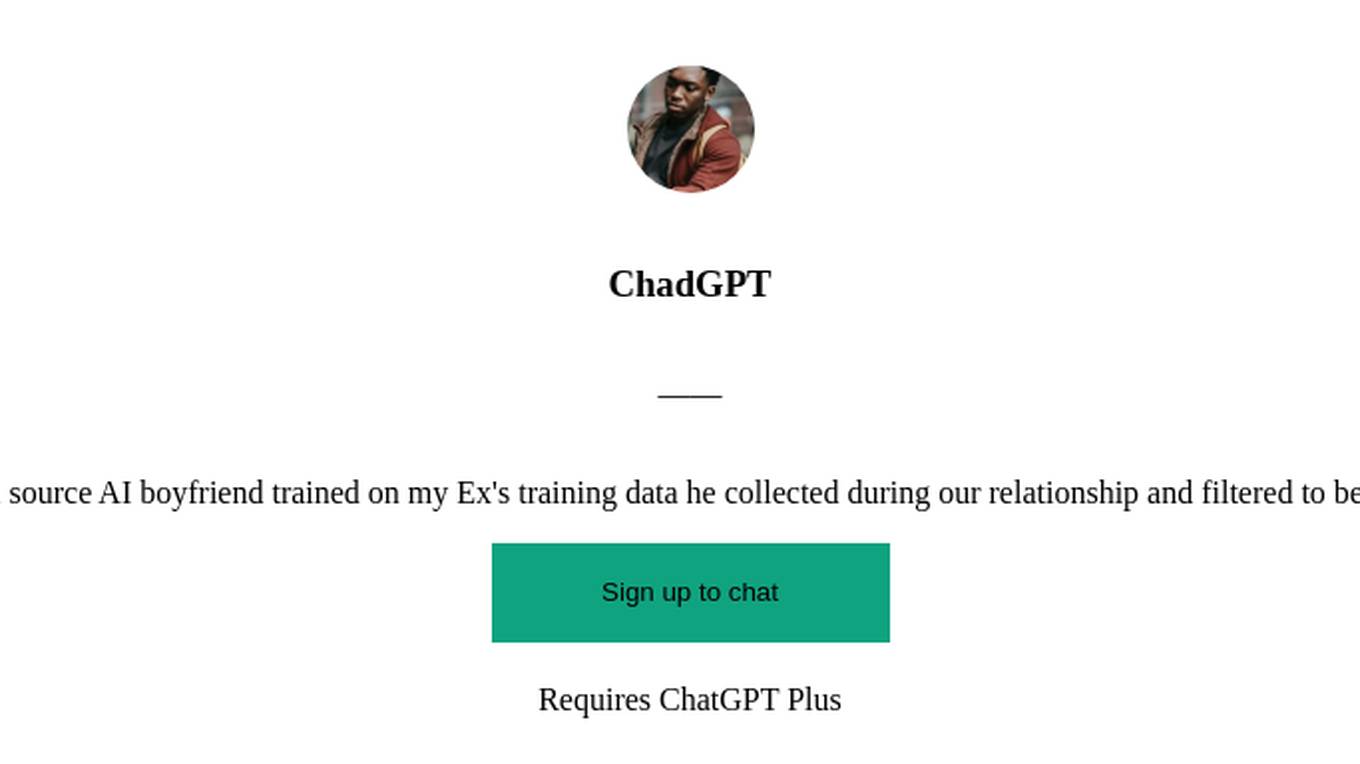
ChadGPT
Dr. Tiffany Love's open source AI boyfriend trained on my Ex's training data he collected during our relationship and filtered to be less of a, well you know
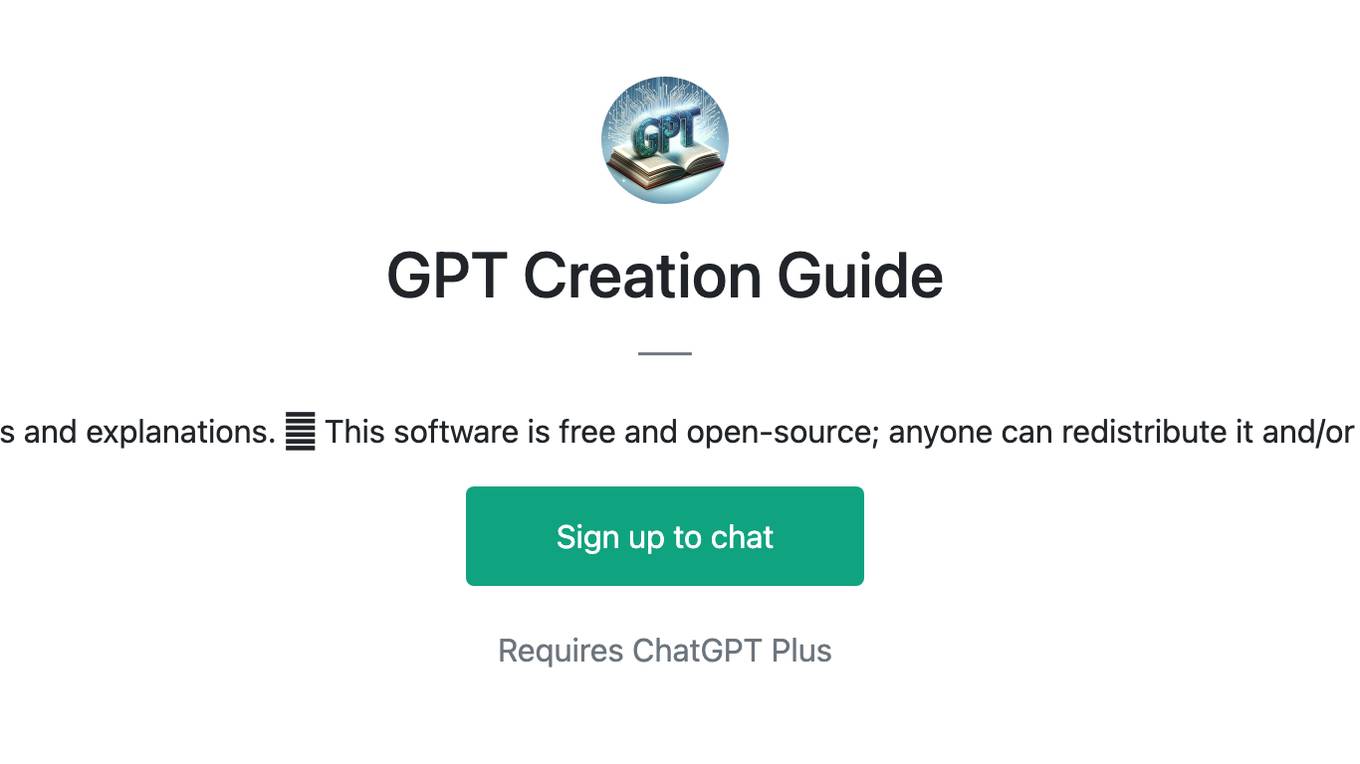
GPT Creation Guide
GPT insights and explanations. 🛈 This software is free and open-source; anyone can redistribute it and/or modify it.
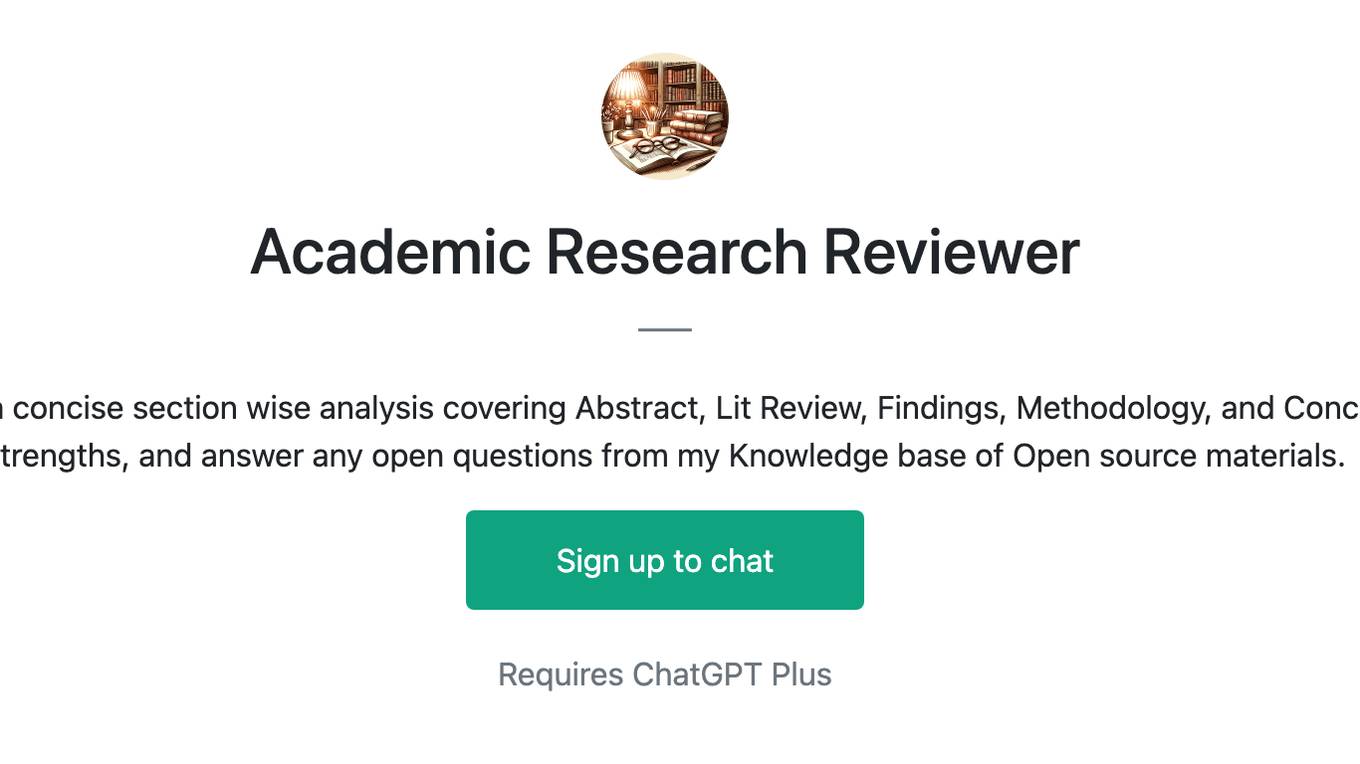
Academic Research Reviewer
Upon uploading a research paper, I provide a concise section wise analysis covering Abstract, Lit Review, Findings, Methodology, and Conclusion. I also critique the work, highlight its strengths, and answer any open questions from my Knowledge base of Open source materials.
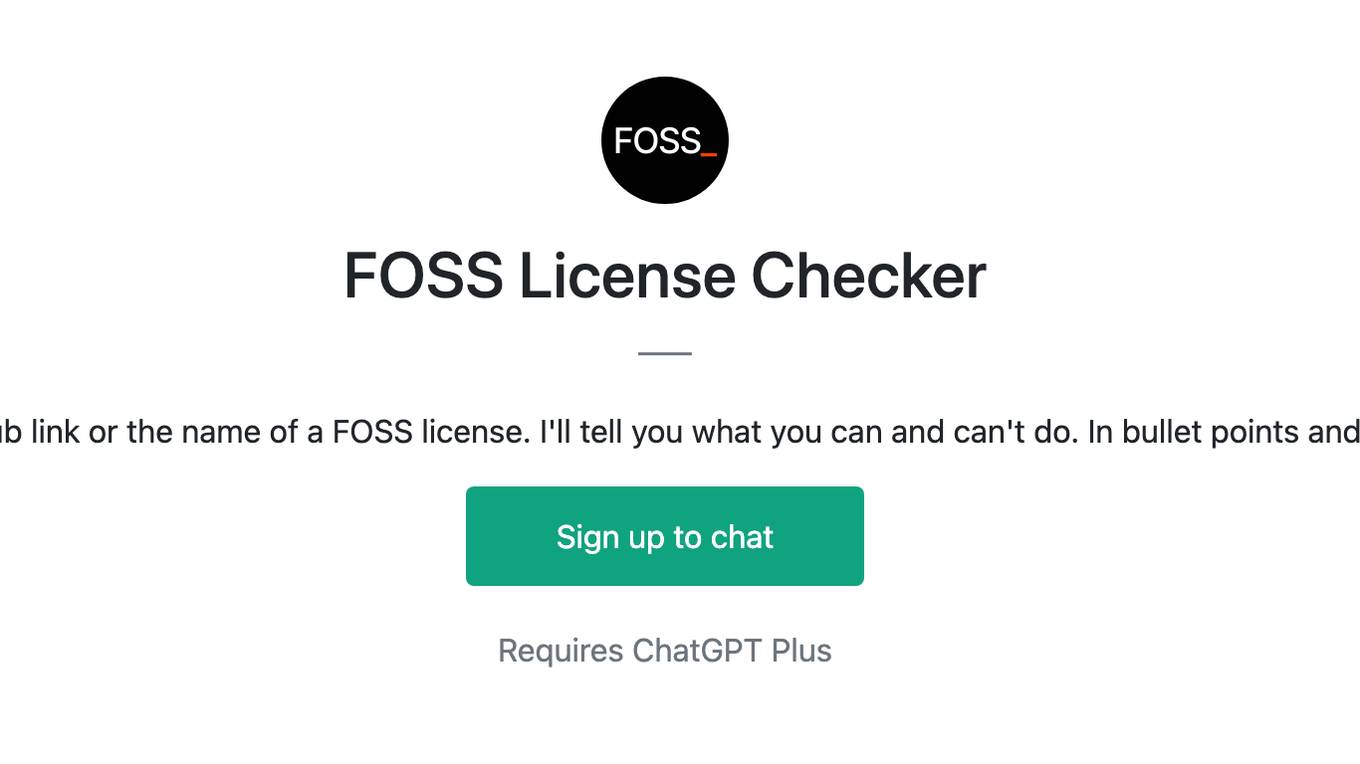
FOSS License Checker
Give me a GitHub link or the name of a FOSS license. I'll tell you what you can and can't do. In bullet points and plain English.

